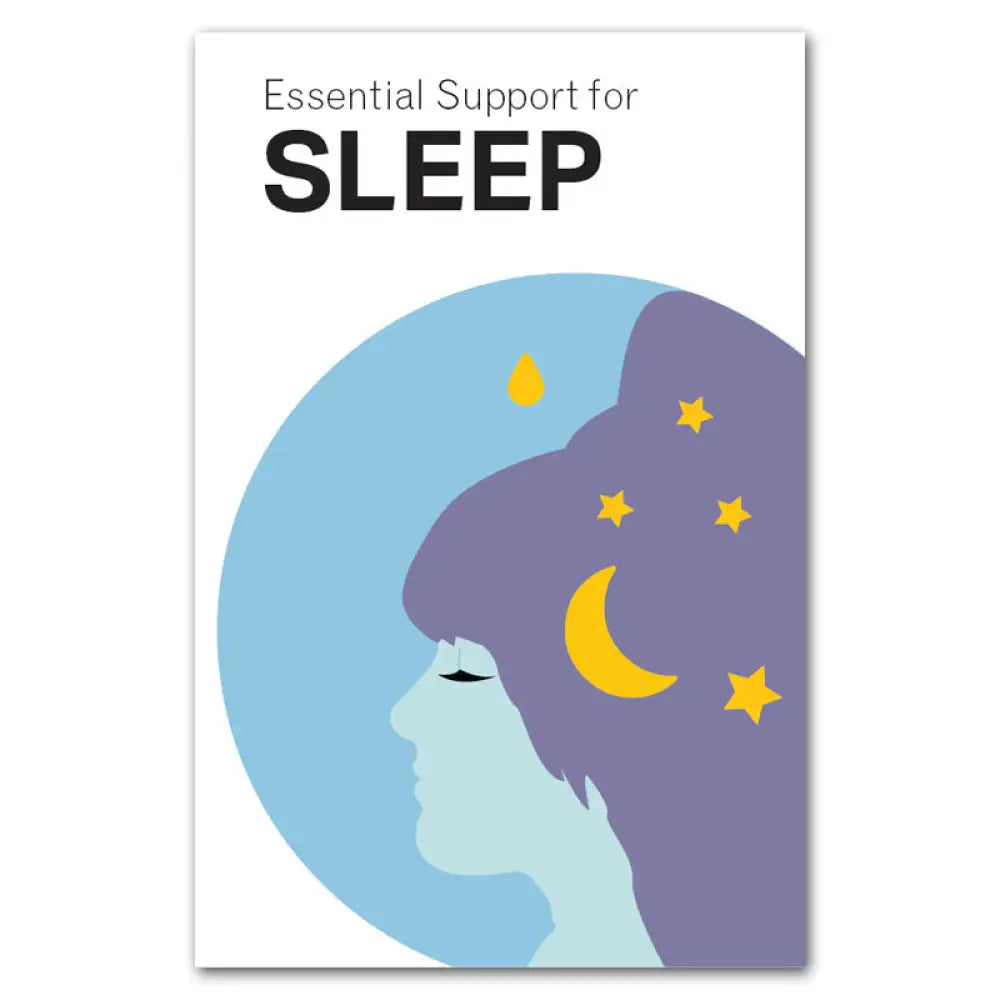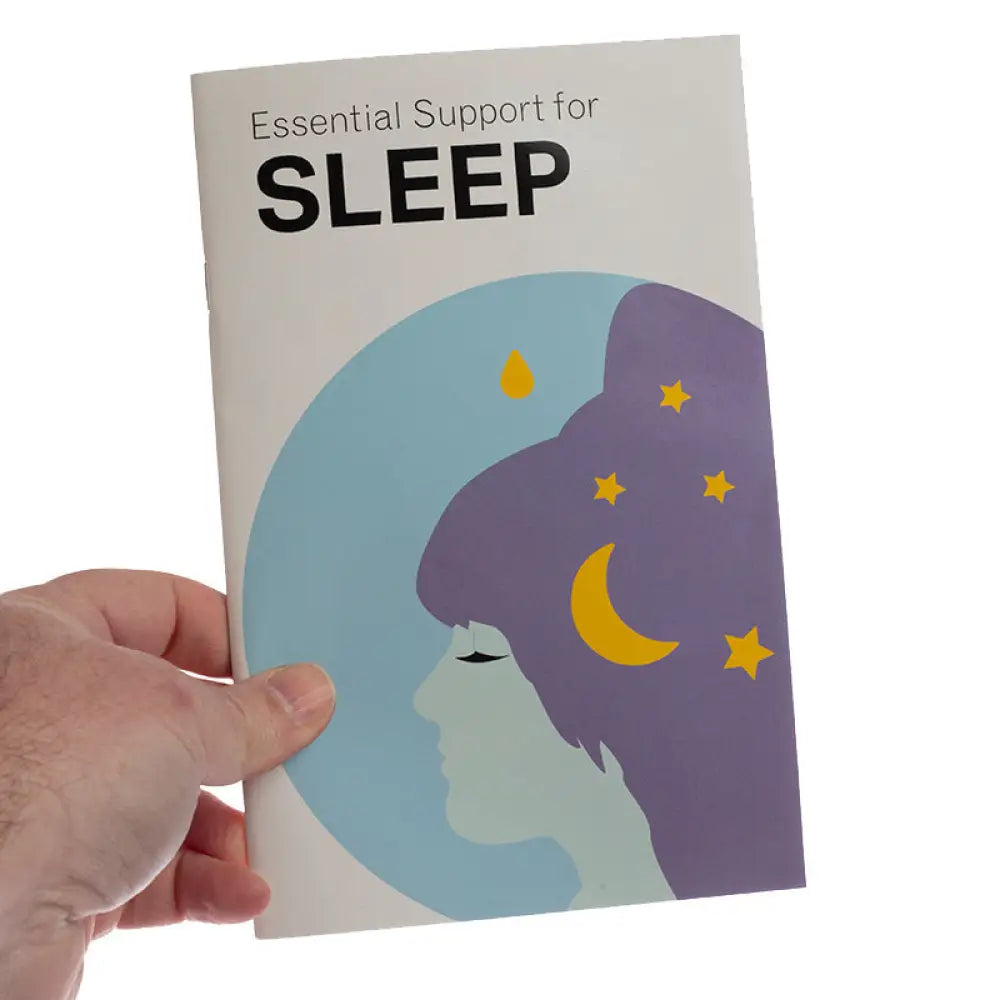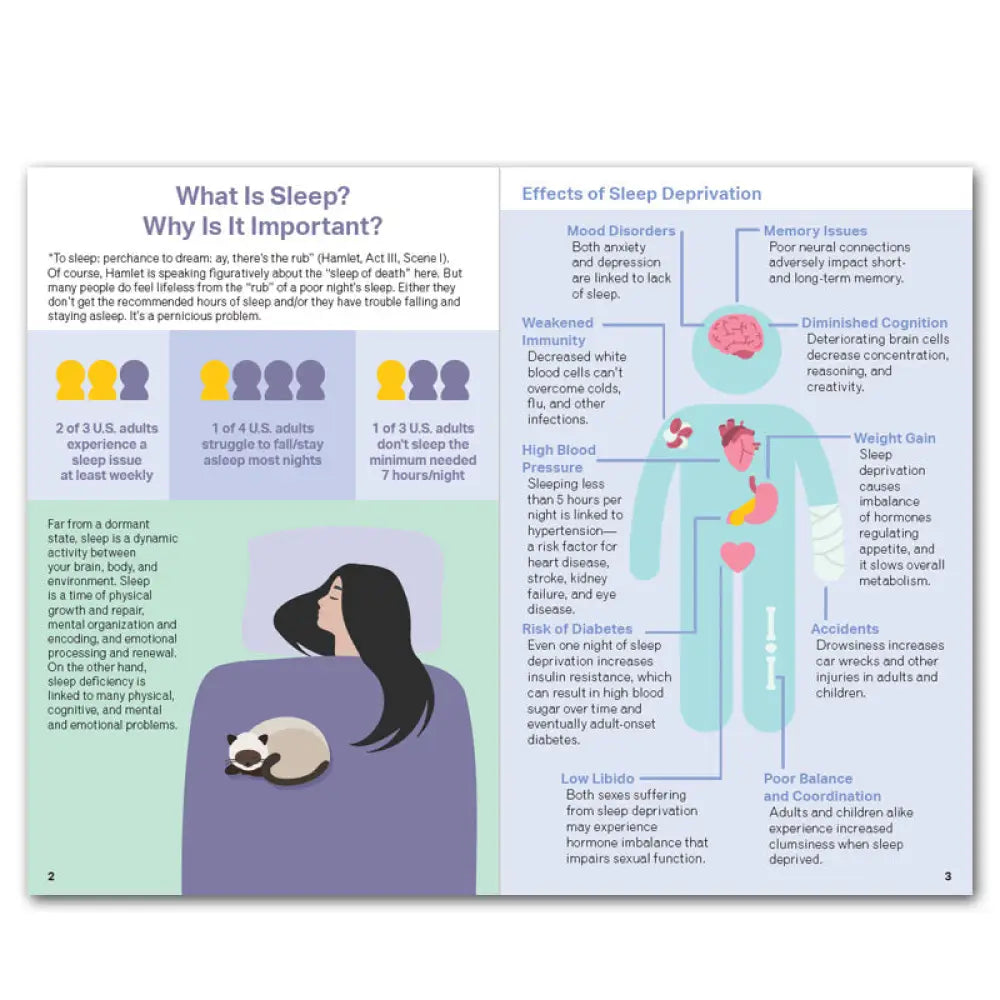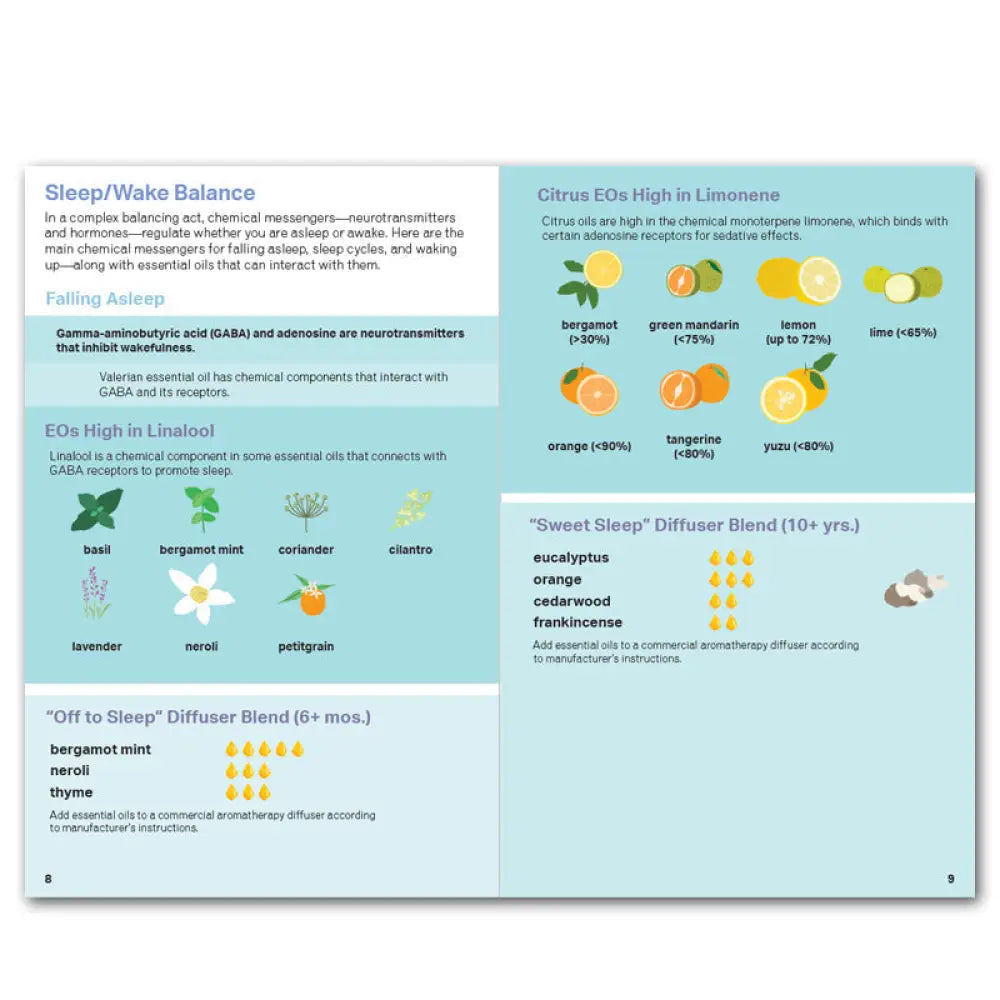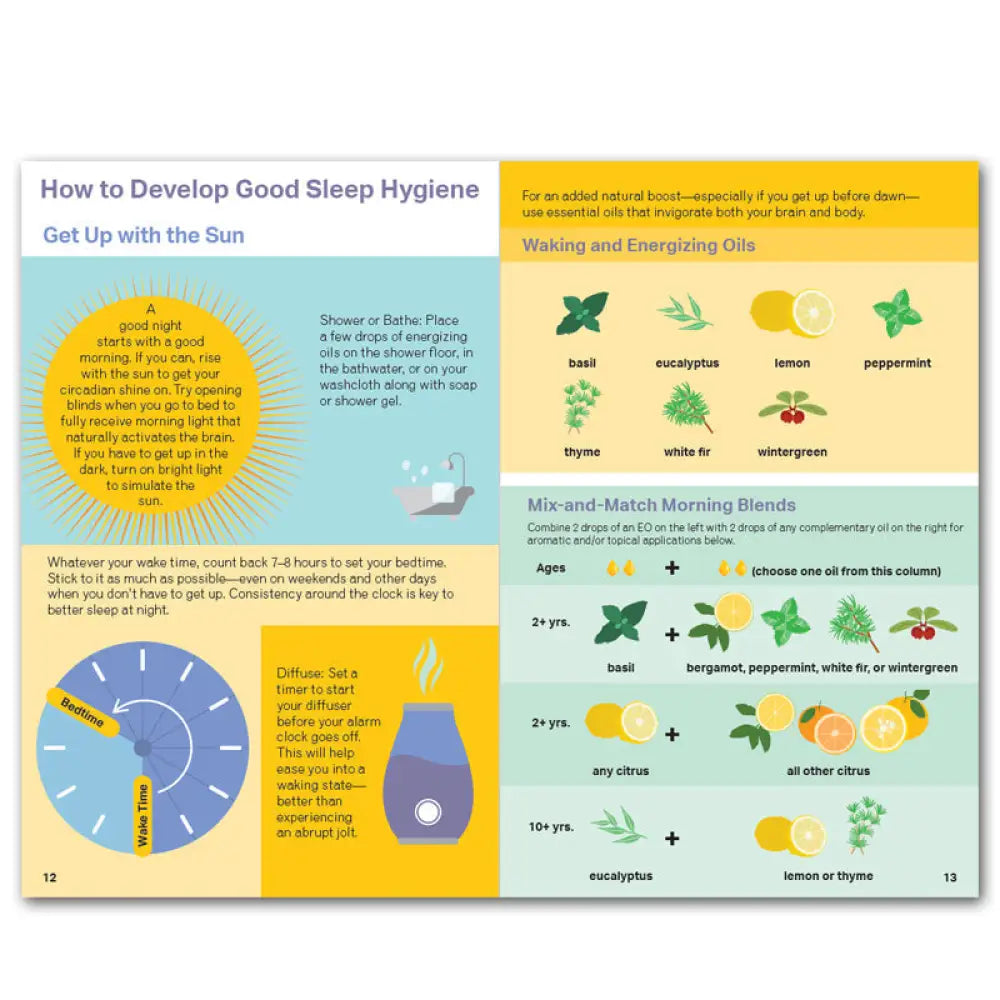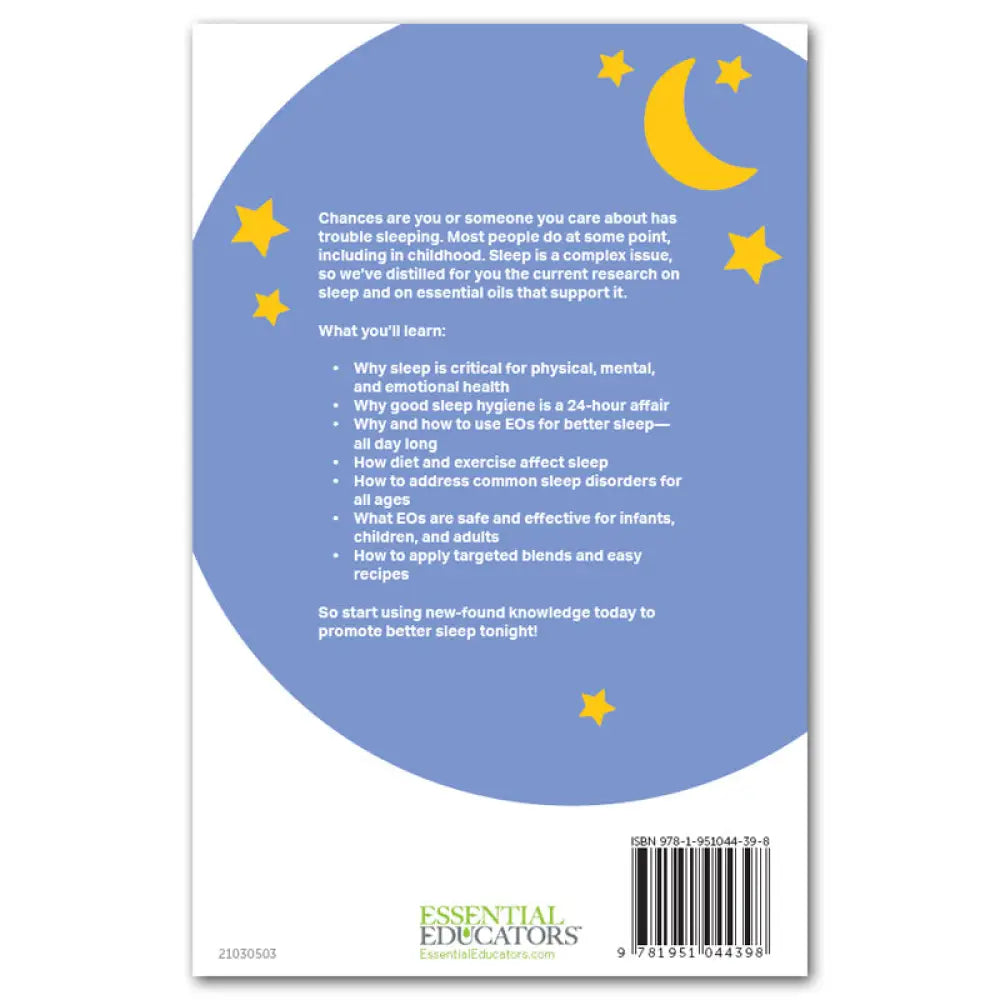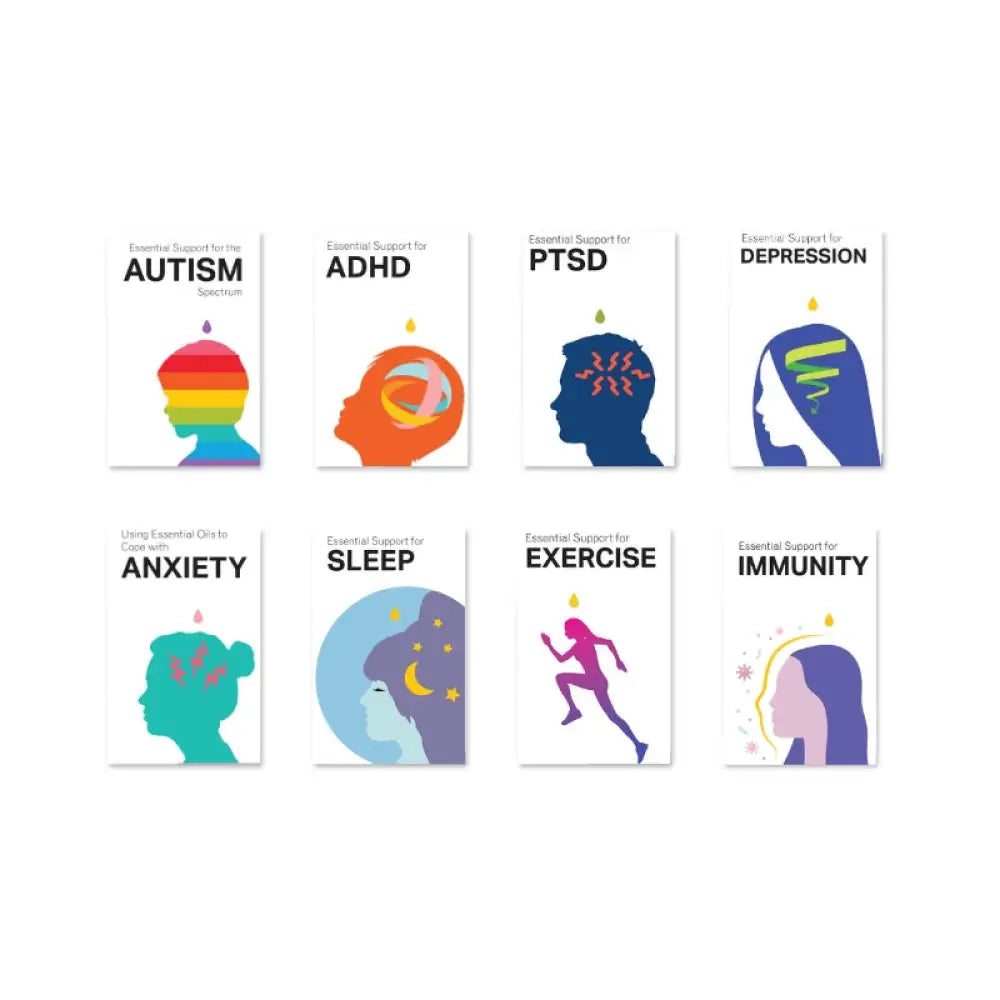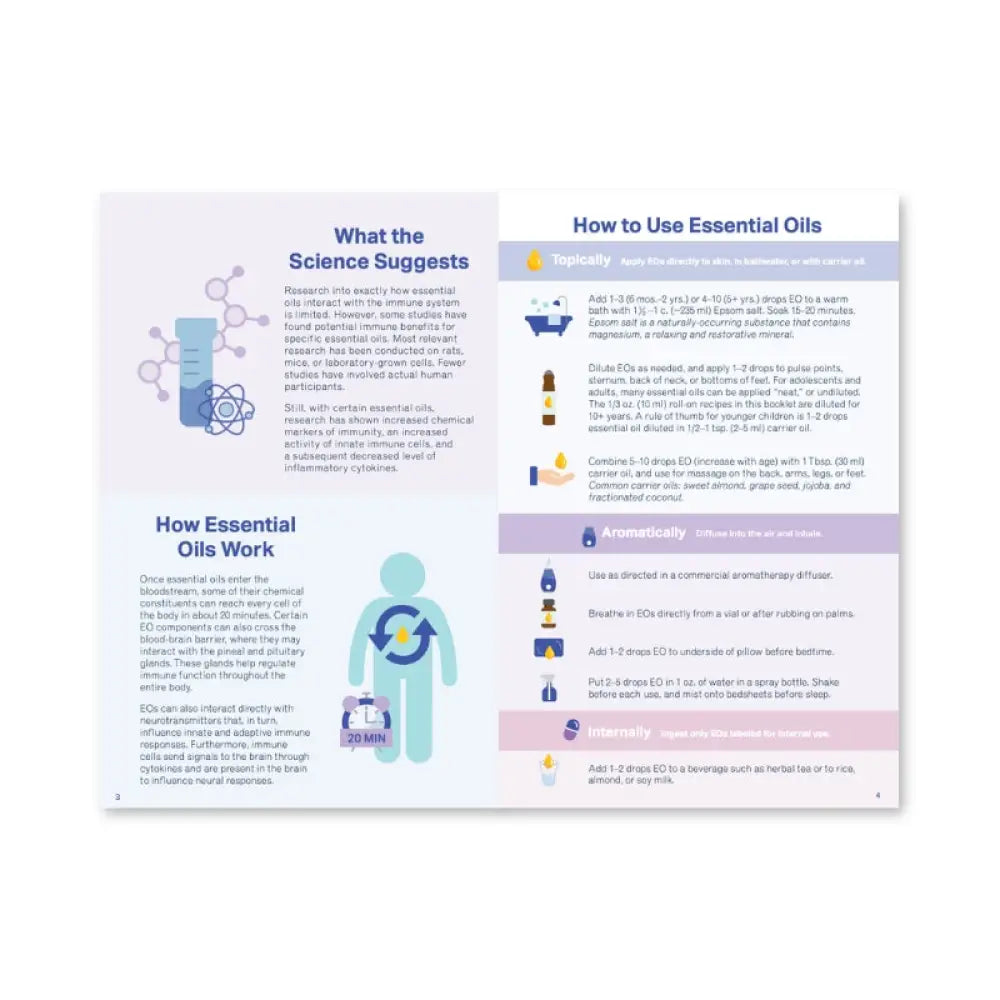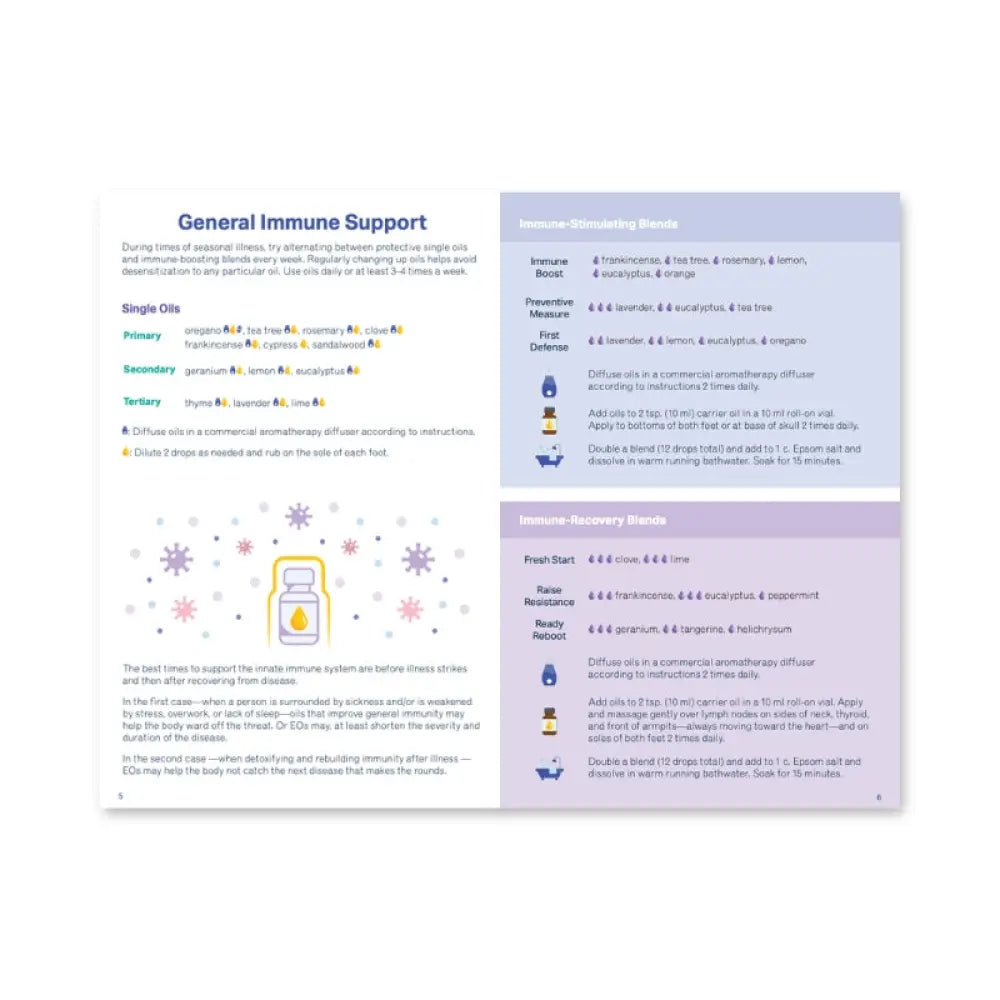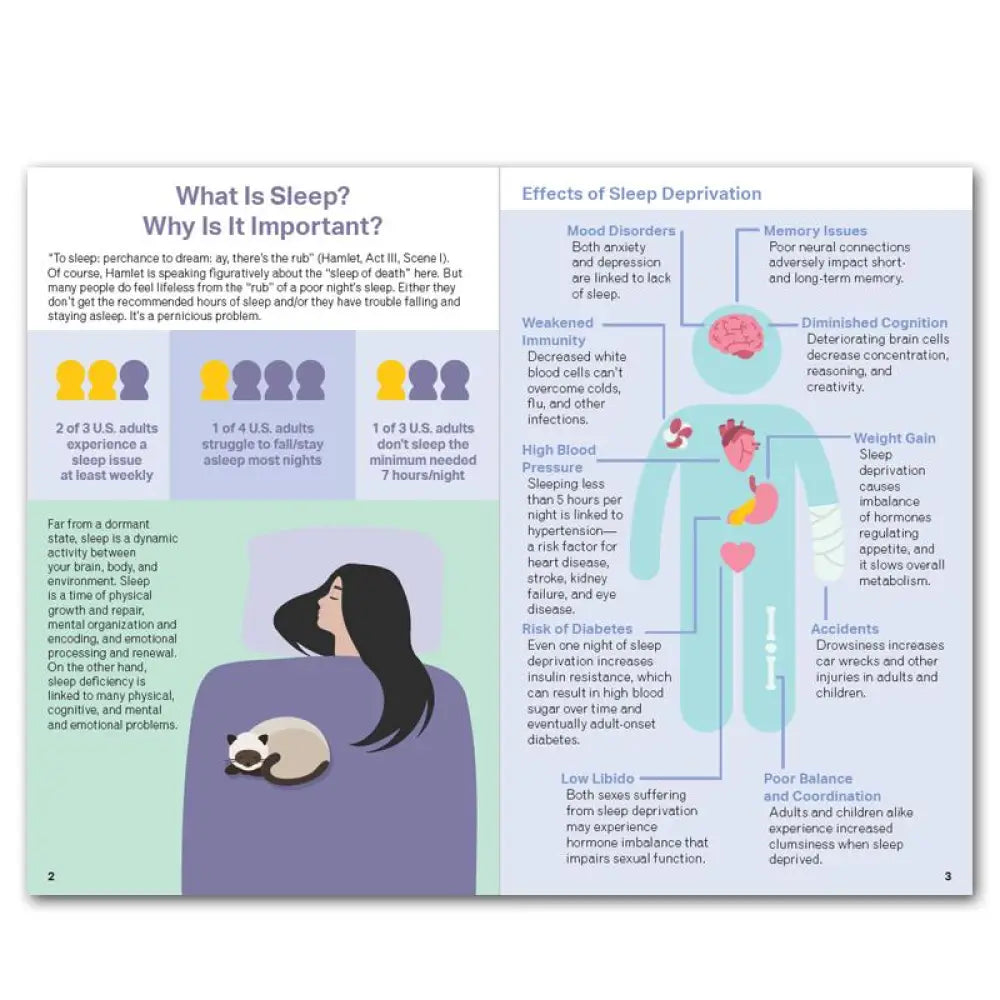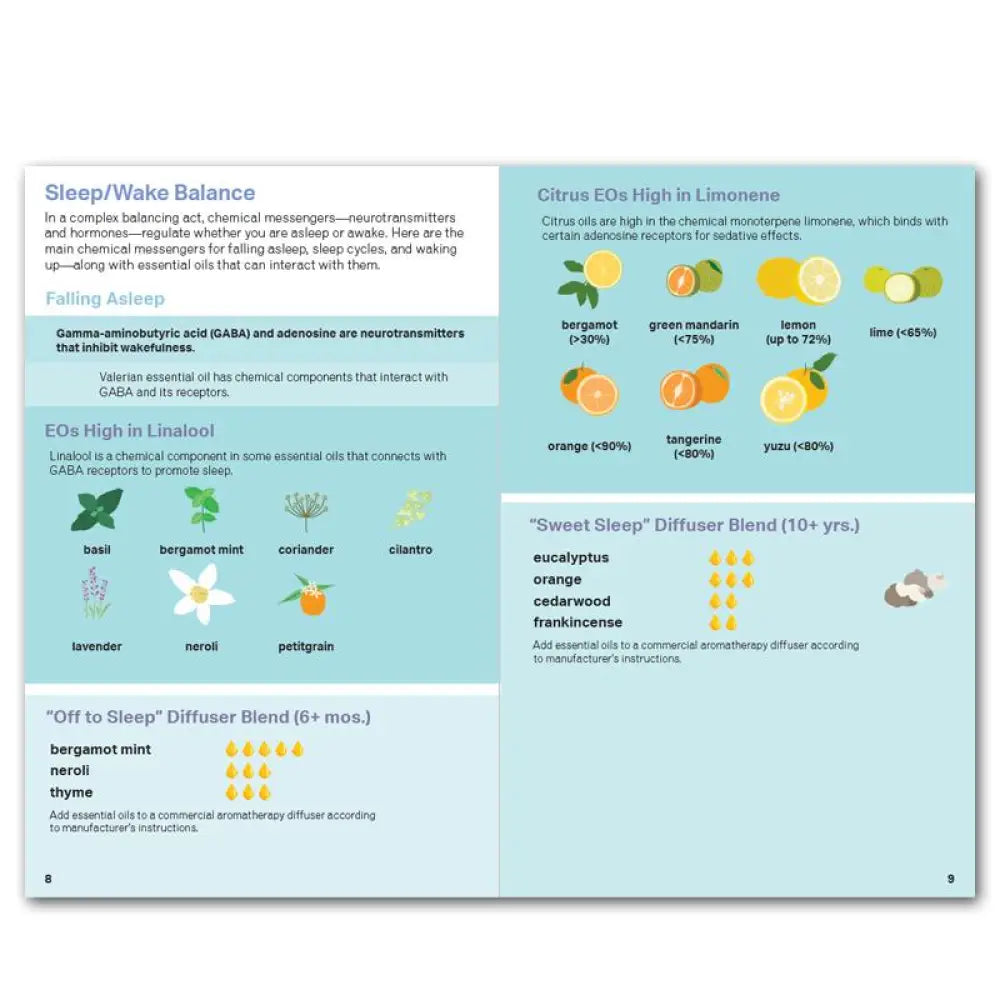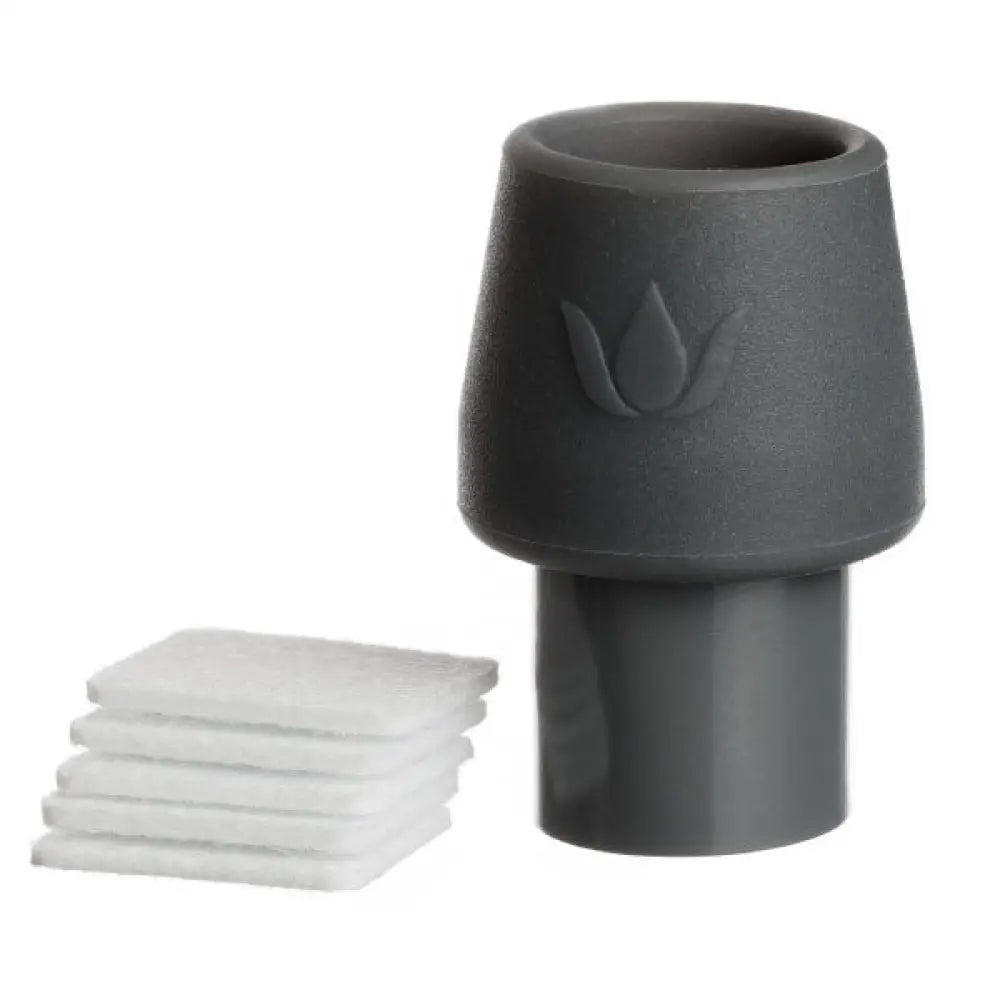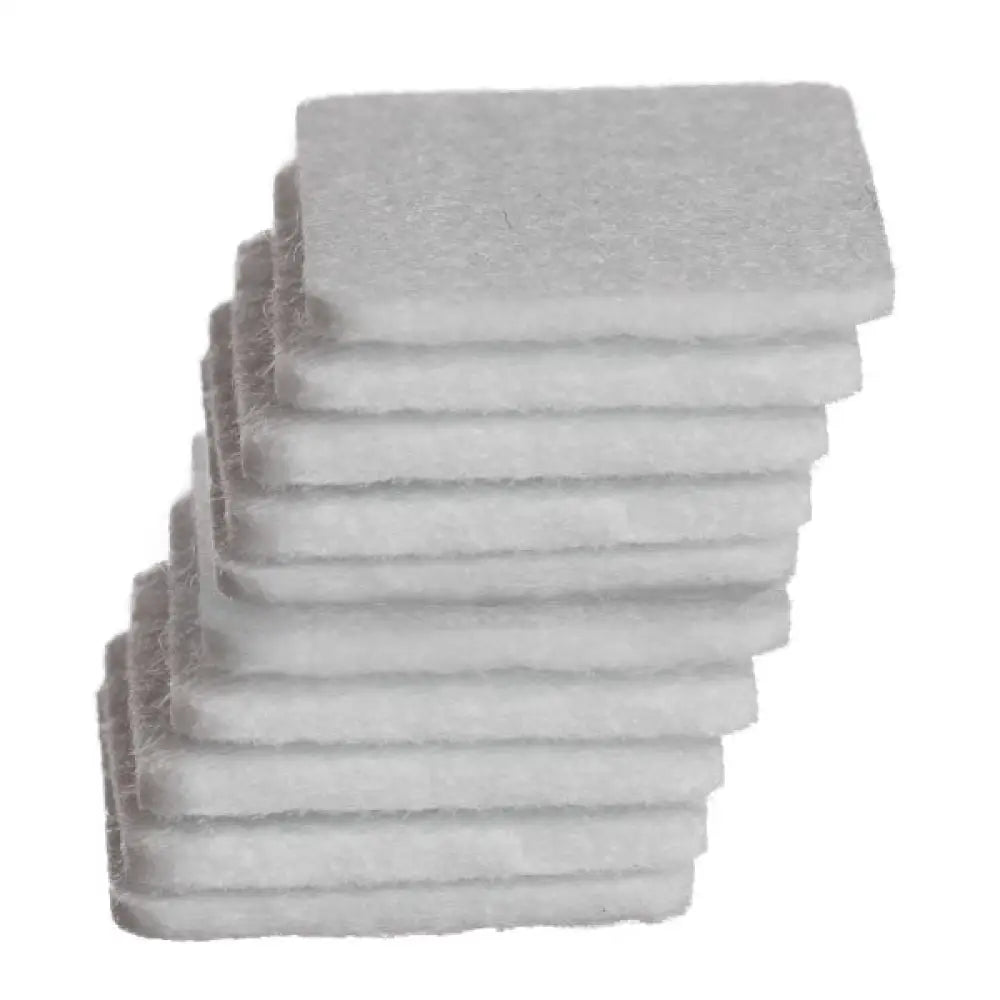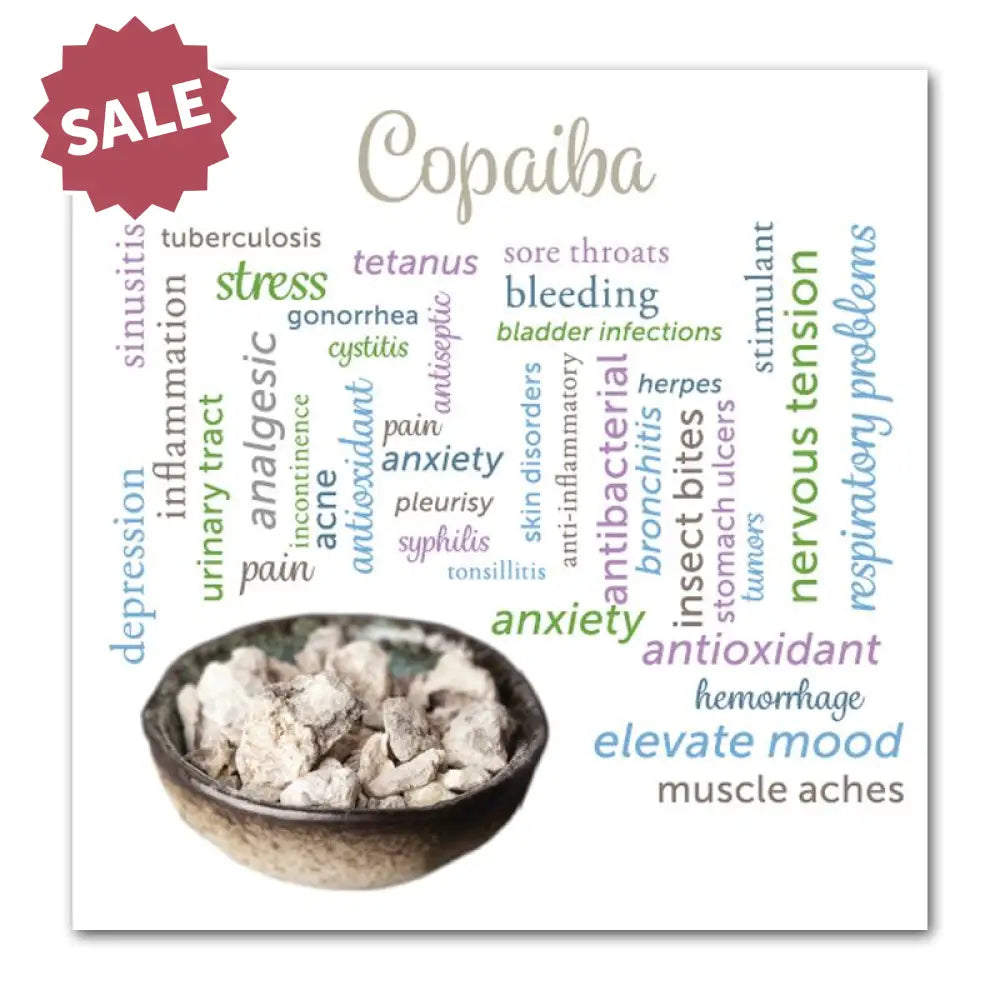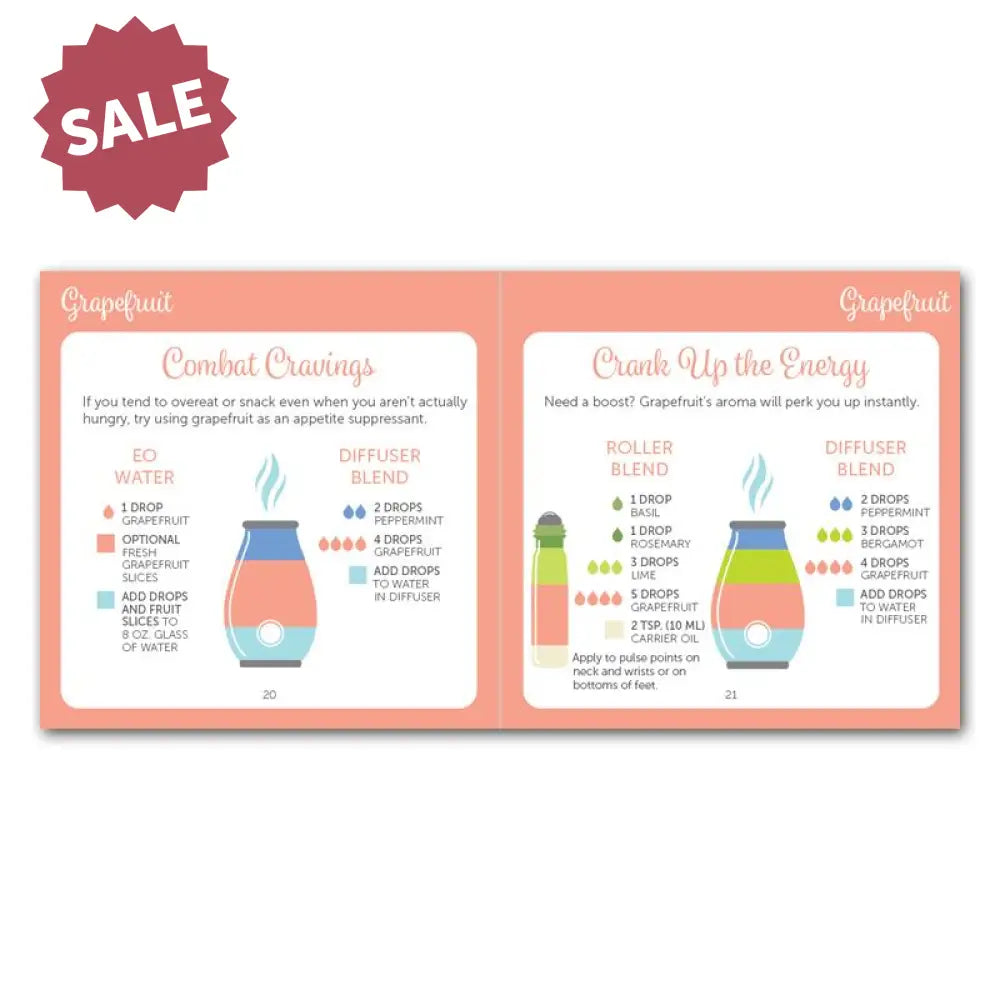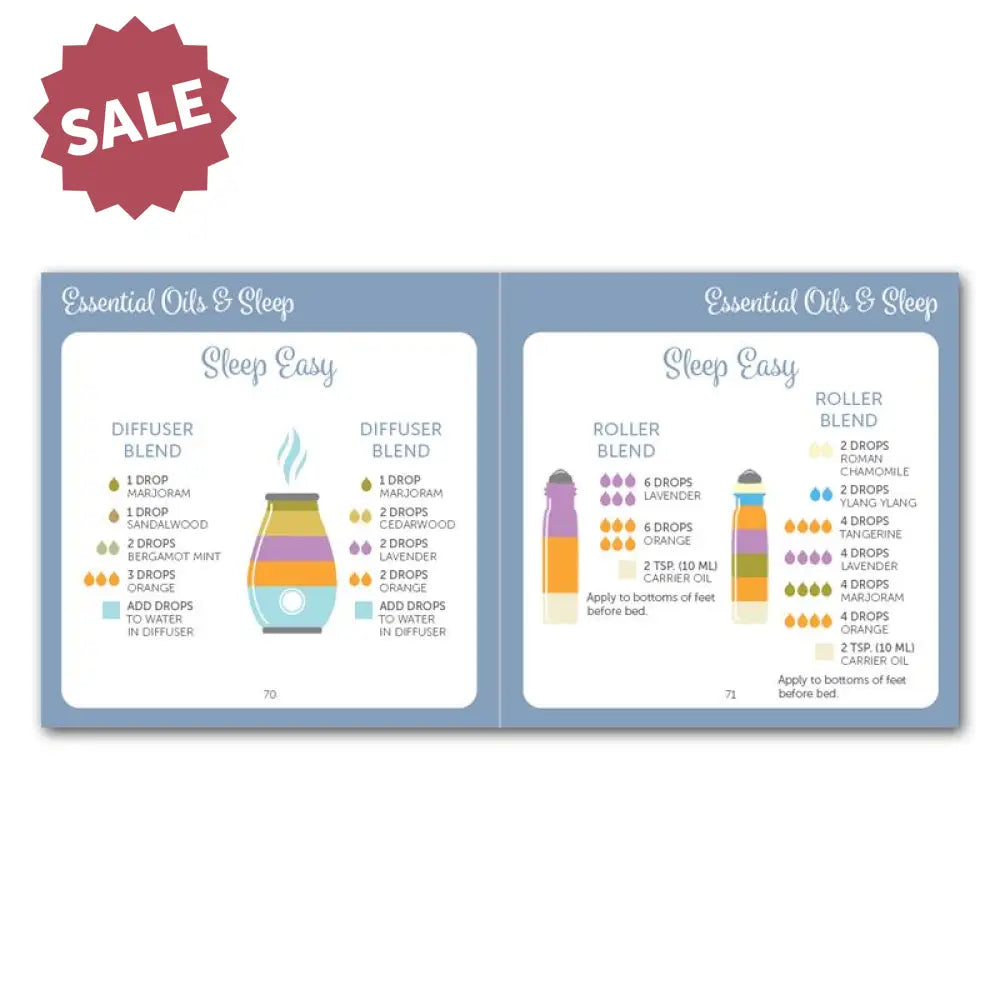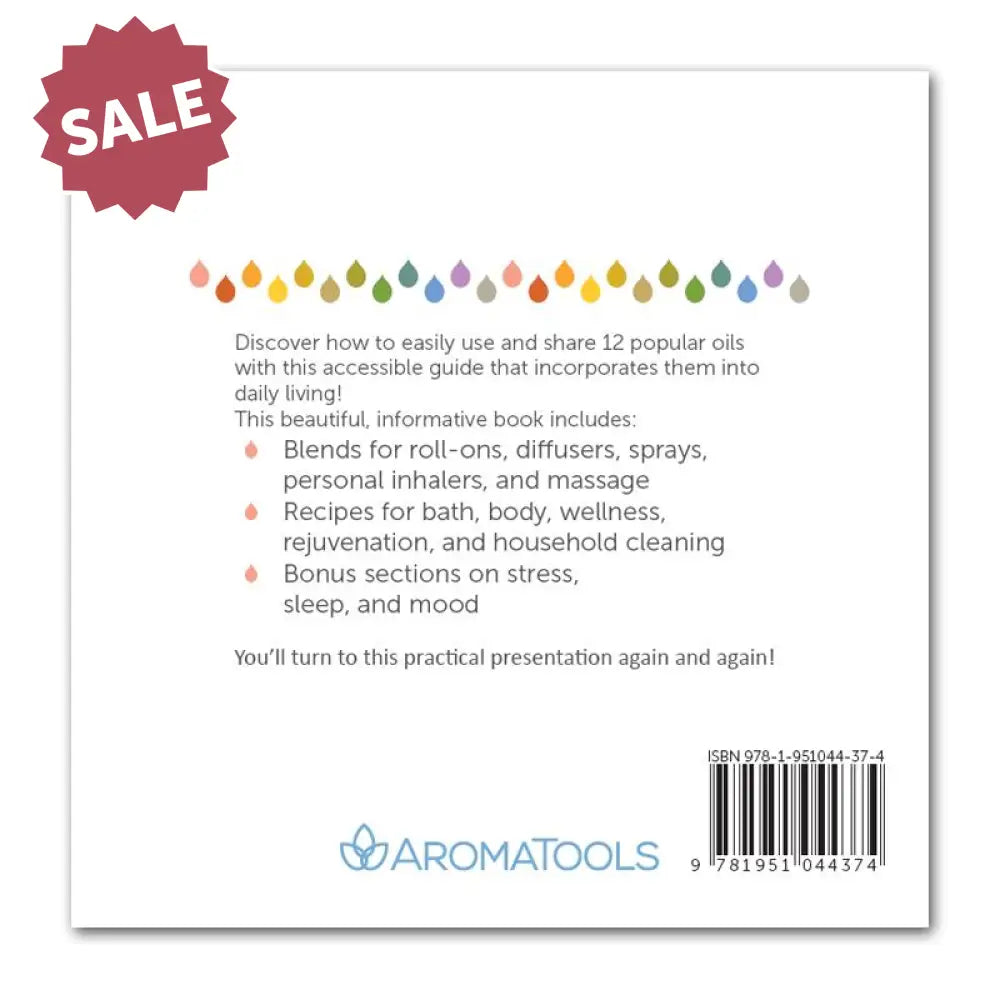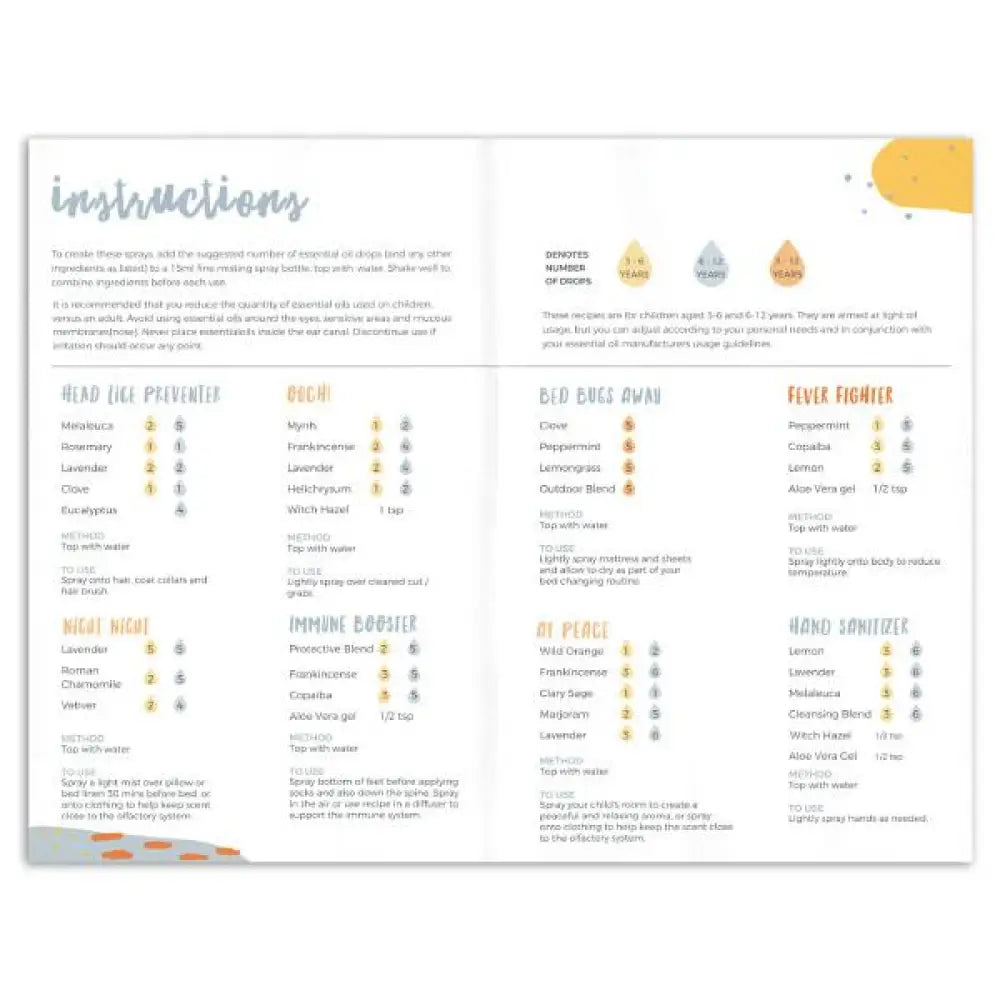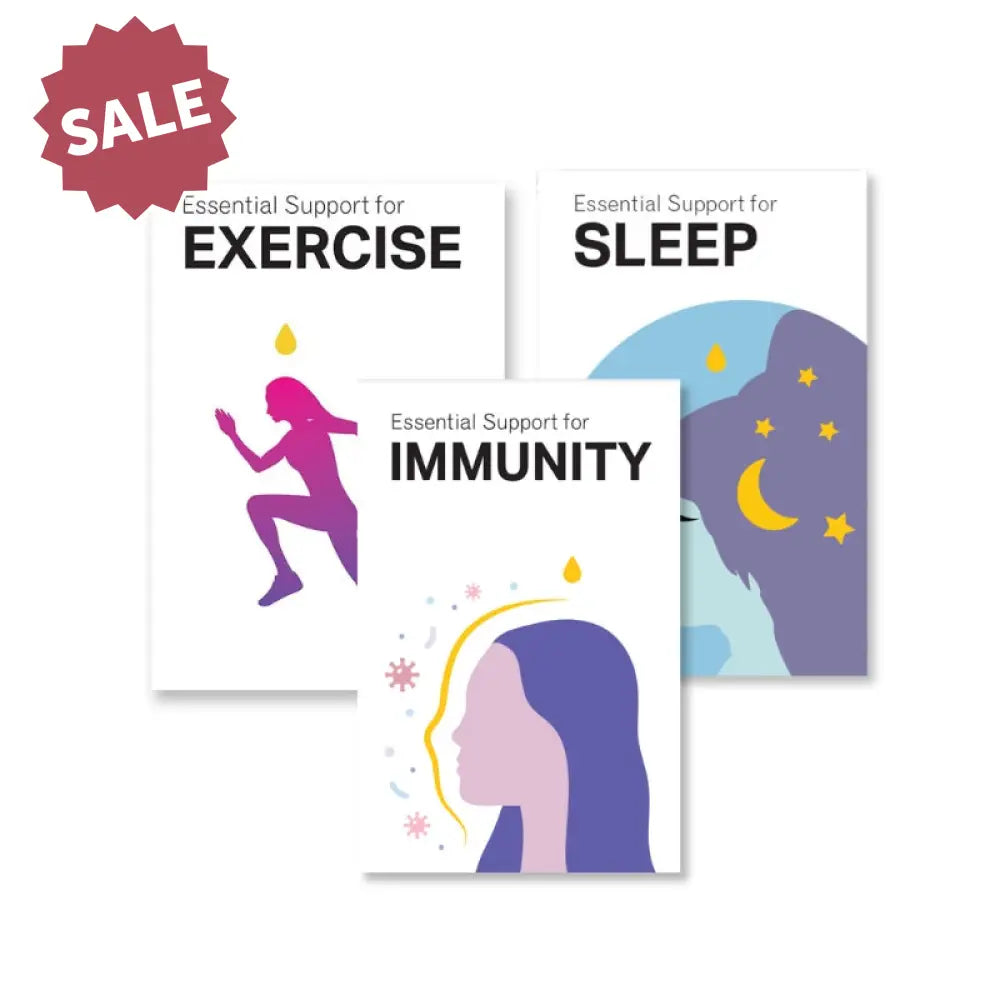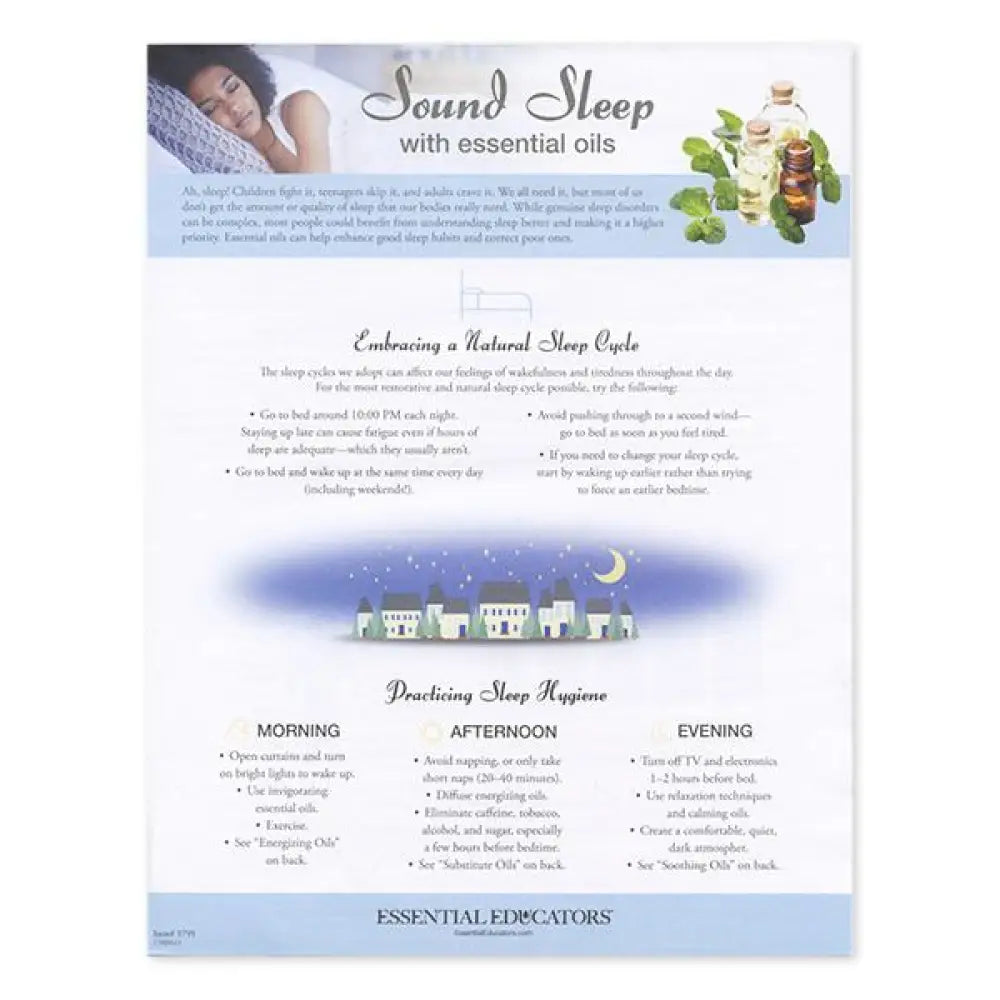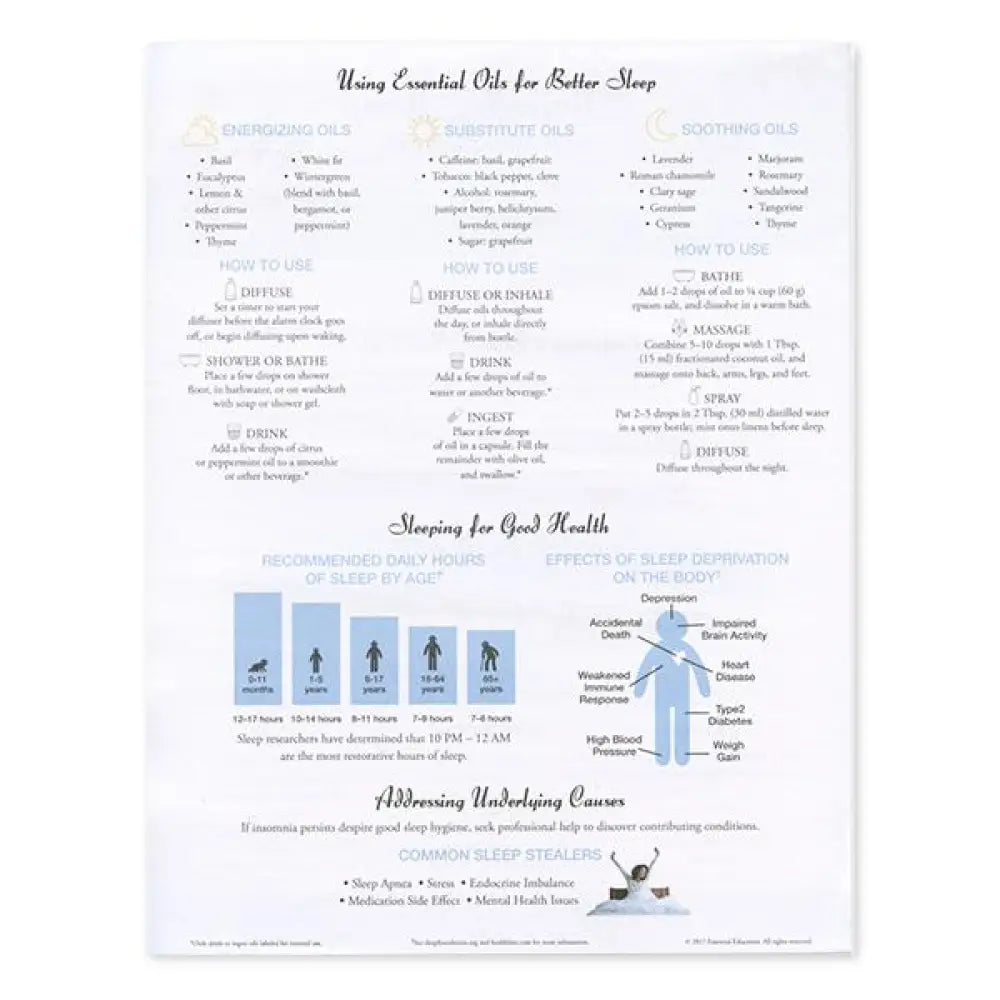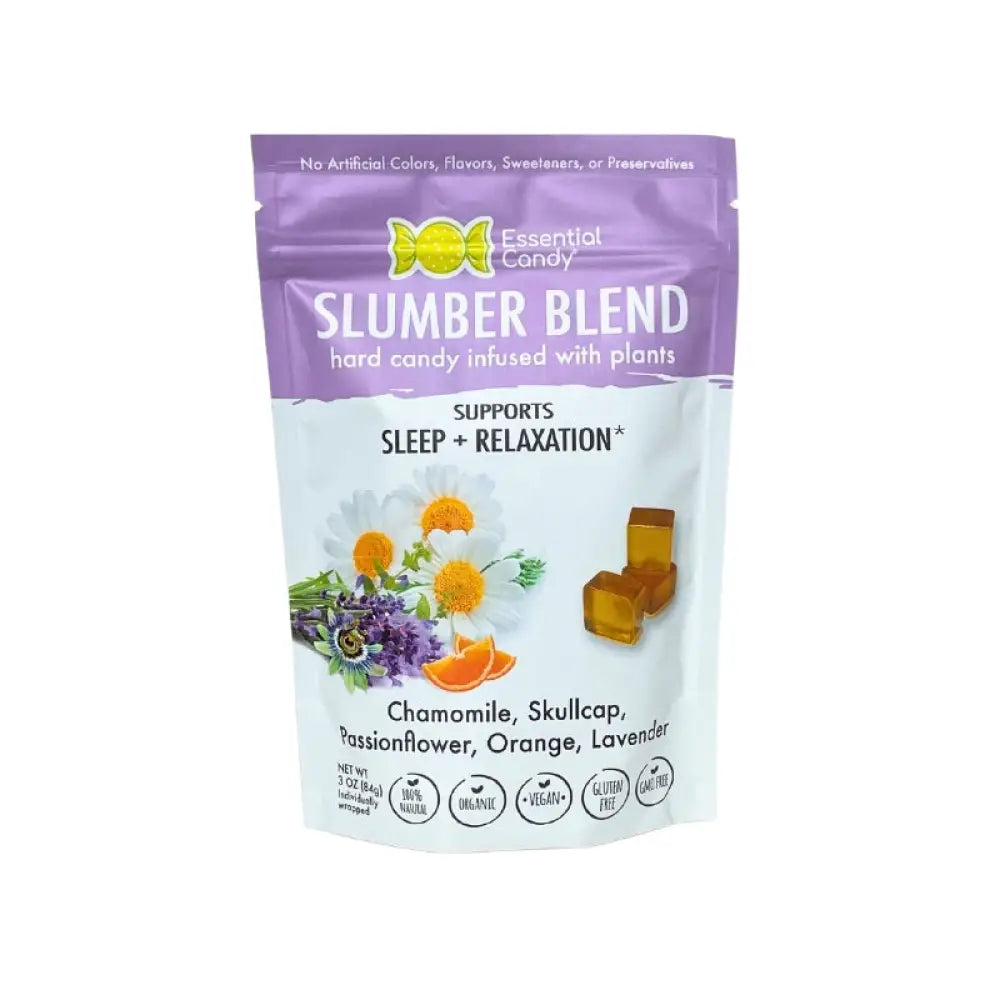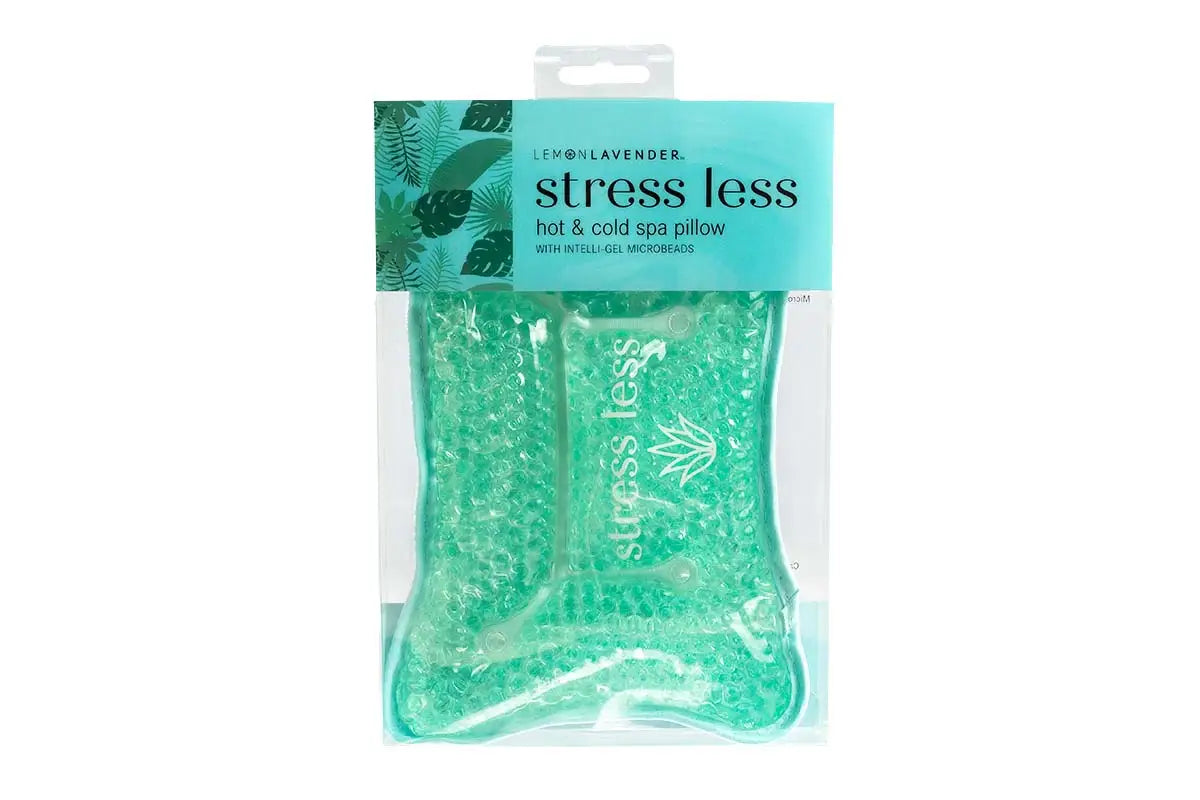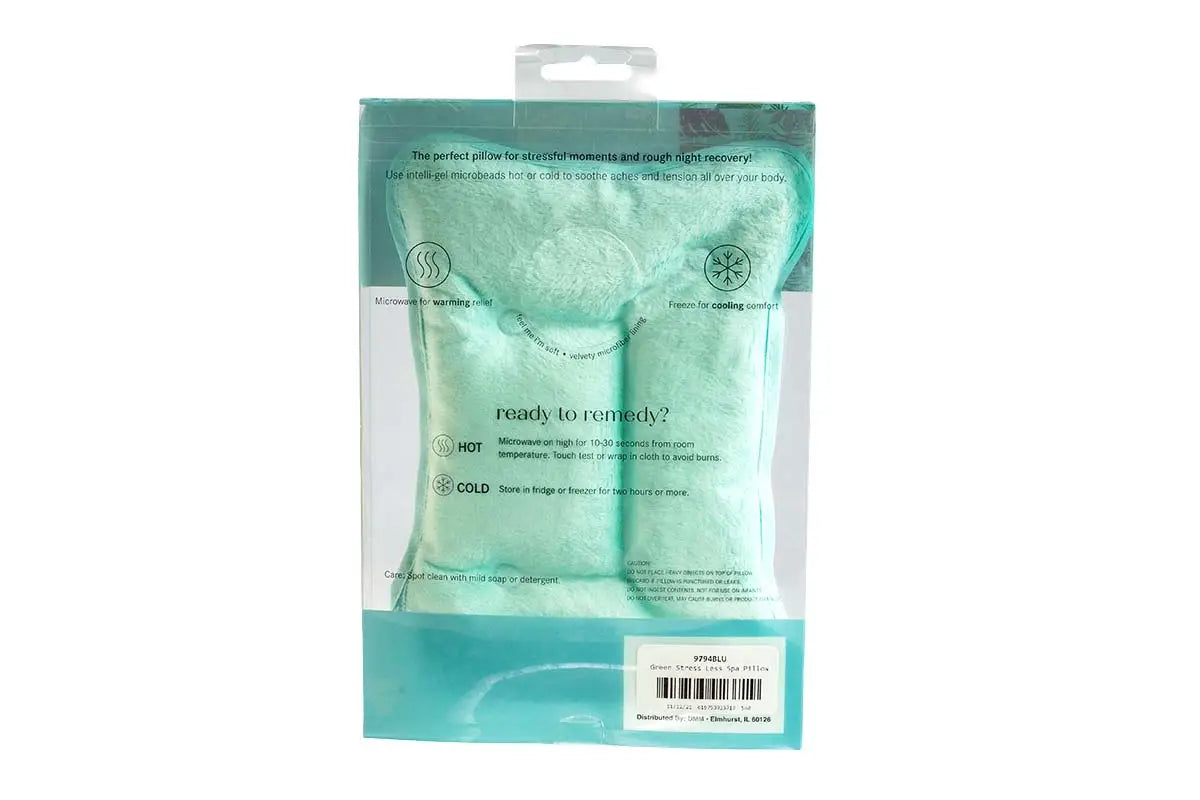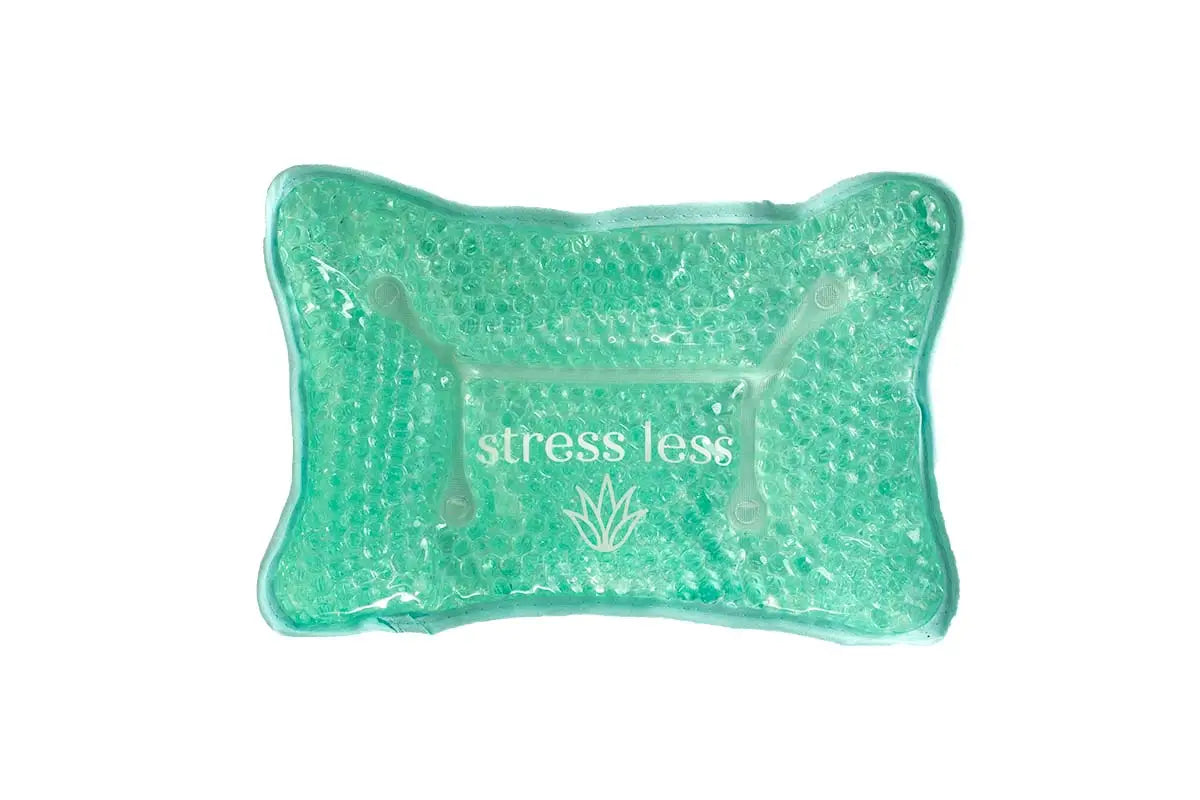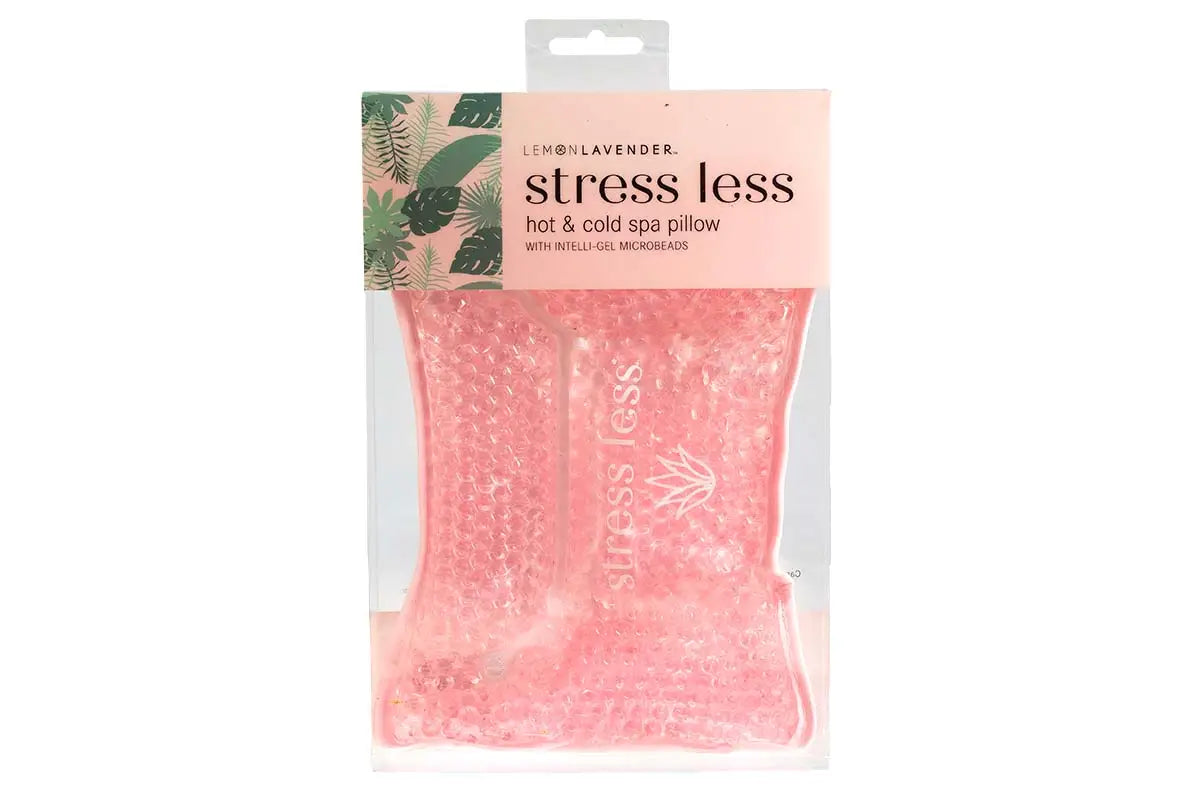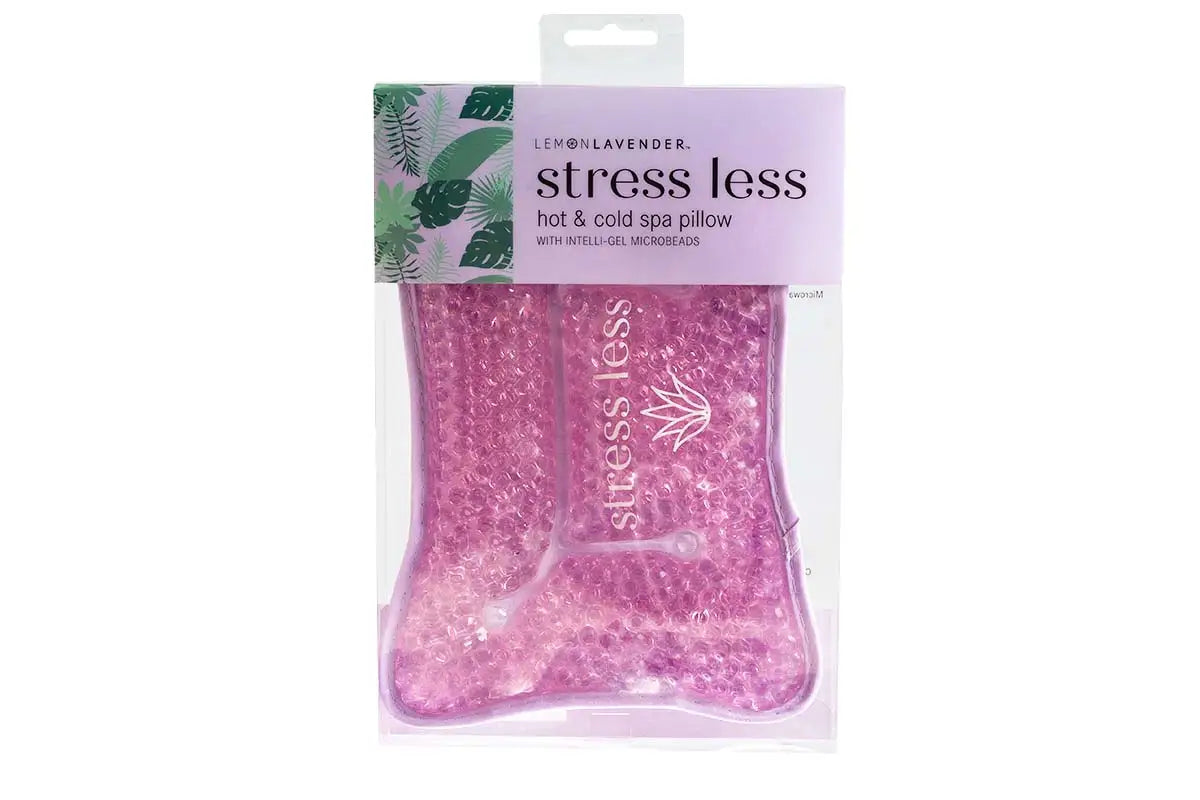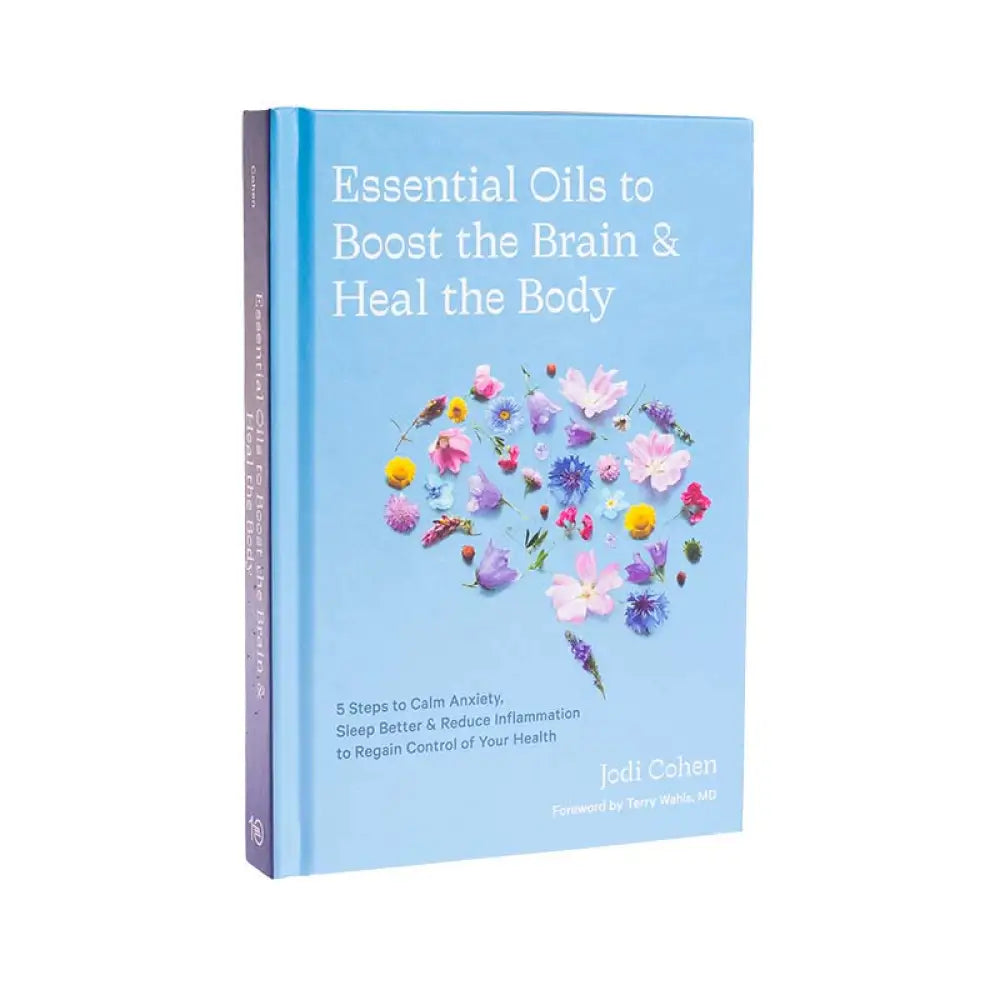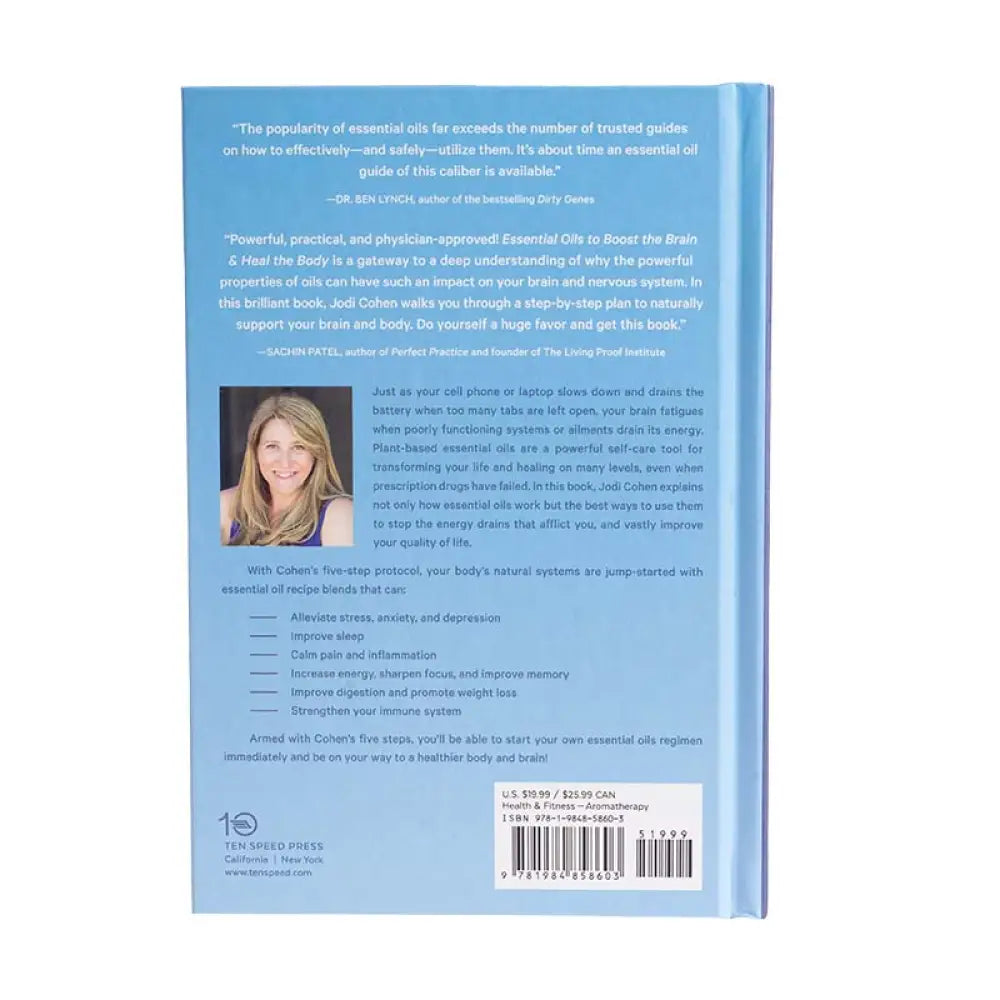Your Cart is Empty
Shop by Category

Let's talk about sleep!
Many factors influence quality of sleep, and these are addressed in detail by our sleep publications and products. But getting in sync with nature is a good first step toward a good night’s rest. And, of course, essential oils can help.
Two natural processes interrelate to influence a healthy sleep cycle: 24-hour circadian cycle (day/night)and sleep/wake homeostasis (balance). Research suggests that the more you align sleep with your natural biological clock, the better you’ll sleep. (And don’t forget to put away all electronic screens at least an hour before bedtime.)
For 8 hours of sleep, 10 PM—6 AM is optimal. Those 2 hours of sleep before midnight are as restorative as 4 hours after midnight (when the body already begins preparing to wake up). Likewise, waking with the sun naturally activates the brain (so opening window blinds before retiring will make getting up easier).
To adopt a healthier sleep schedule, get up sooner incrementally instead of trying to force an earlier bedtime. You may be more tired initially but able to transition within a few days.
(Adapted from “Essential Support for Sleep,” pages 7, 12, 40.)
"Essential Support for Sleep" Booklet
shop-all-literaturebedroombookletseducational-materialsessential-educators-bookletsemotions-mental-healthessential-educatorsessential-support-series-bookletshealth-wellnesshealth-wellness-bookletsliteraturementalreference-booksshop-allsleepsummer-sassedtrending-now-essential-support-for-sleepvd-books1
"Essential Support for Sleep" Booklet
$5.95
"Essential Support for Sleep" Booklet
$5.95
Waking & Energizing Oils
Put a total of 4 drops in a diffuser (set with a timer before you awaken, if possible). Or, apply to palms, cups hands over the nose and mouth, and breathe in deeply.
|
|
Calming & Sedating Oils
Put 4 drops of a single oil (or combined with one of its aroma matches below) in a diffuser at bedtime. Or, apply to palms, cups hands over the nose and mouth, and breathe in deeply.
|
|
Hopefully, that gets you started on better sleep. Next, see our sleep collection for more insights on addressing common sleep disorders, medical conditions that affect sleep, the role of diet and exercise, children’s sleep problems, and how to use age-appropriate essentials oils for these concerns and more!
CPAP Essential Oil Infusion Adapter with 4 Diffusion Pads
shop-all-diffusersaromaticbedroomcustomer-favoritescustomer-favorites-diffuserscustomer-favorites-bdiffusersevaporative-diffusershealth-wellnesshealth-wellness-personal-carehomehome-officehome-personal-careinhalerpersonal-travelshop-allsleep
CPAP Essential Oil Infusion Adapter with 4 Diffusion Pads
$34.95
CPAP Essential Oil Infusion Adapter with 4 Diffusion Pads
$34.95
CPAP Essential Oil Infusion Adapter Refill Pads (Pack of 10)
customer-favorites-binhalershop-allsleep
CPAP Essential Oil Infusion Adapter Refill Pads (Pack of 10)
$4.99
CPAP Essential Oil Infusion Adapter Refill Pads (Pack of 10)
$4.99
"Easy Protocols for Twelve Essentials" Booklet
shop-all-literaturealternative-medicinearomatherapybookletsbookscustomer-favoritescustomer-favorites-literaturecustomer-favorites-sharingcustomer-favorites-cdiy-crafts-recipesdo-it-yourselfeducational-materialsessential-oil-guidesessential-oilsgifts-under-10literaturerecipe-bookletsrecipesreference-bookssalesharing-businessshop-allsleepvd-books2wellness-lifestyle
"Easy Protocols for Twelve Essentials" Booklet
$3.99$5.00
"Easy Protocols for Twelve Essentials" Booklet
$3.99$5.00
"Essential Support for Sleep" Booklet
shop-all-literaturebedroombookletseducational-materialsessential-educators-bookletsemotions-mental-healthessential-educatorsessential-support-series-bookletshealth-wellnesshealth-wellness-bookletsliteraturementalreference-booksshop-allsleepsummer-sassedtrending-now-essential-support-for-sleepvd-books1
"Essential Support for Sleep" Booklet
$5.95
"Essential Support for Sleep" Booklet
$5.95
My Makes "For Children" Spray Recipes and Label Set
shop-all-literaturebabies-childrenbrochures-handoutschildrendiy-crafts-recipesdo-it-yourselfeducational-materialsfamilyfamily-handoutsfor-advocates-by-advocateshandoutshomehome-kitchenhome-handoutsimmune-supportliteraturemake-takemake-take-kitsmake-take-kidspersonal-series-setrecipessharing-businessshop-allsleepvivien-garsidewellness-lifestyle
My Makes "For Children" Spray Recipes and Label Set
$4.50
My Makes "For Children" Spray Recipes and Label Set
$4.50
Physical Health Booklets Bundle (Set of 3)
shop-all-literaturebookletsbookseducational-materialsessential-educators-bookletsessential-educatorsessential-support-series-bookletsexercisehealth-wellnesshealth-wellness-bookletshealth-wellness-booksimmune-supportliteraturephysicalsaleshop-allsleep
Physical Health Booklets Bundle (Set of 3)
$12.50$14.85
Physical Health Booklets Bundle (Set of 3)
$12.50$14.85
"Sound Sleep with Essential Oils" Tear Pad (50 Sheets)
shop-all-literaturebedroombrochures-handoutseducational-materialseducational-tear-padsessential-educators-handoutsessential-educatorsessential-educators-tearpadshandoutshealth-wellnesshealth-wellness-handoutshomehome-kitchenhome-handoutslifestyle-tear-padsliteraturesharing-businessshop-allsleepsummer-sassedtear-pads
"Sound Sleep with Essential Oils" Tear Pad (50 Sheets)
$9.95
"Sound Sleep with Essential Oils" Tear Pad (50 Sheets)
$9.95
"Slumber Blend" Hard Candy with Chamomile, Skullcap, Passionfruit, Orange and Lavender
customer-favoritescustomer-favorites-lifestylehealth-wellnesshealth-wellness-personal-carehomehome-personal-carekitchen-bathroomsaleshop-allsleepsweet-treats
"Slumber Blend" Hard Candy with Chamomile, Skullcap, Passionfruit, Orange and Lavender
$10.95$12.95
"Slumber Blend" Hard Candy with Chamomile, Skullcap, Passionfruit, Orange and Lavender
$10.95$12.95
LemonLavender Stress Less Hot & Cold Spa Pillow
bedroomgifts-under-10health-wellnesshealth-wellness-personal-carehomehome-personal-caremothers-daypersonal-care-beautyshop-allsleep
LemonLavender Stress Less Hot & Cold Spa Pillow
$6.99$0.00
LemonLavender Stress Less Hot & Cold Spa Pillow
$6.99$0.00
Essential Oils to Boost the Brain and Heal the Body, by Jodi Cohen
shop-all-literaturebooksemotions-mental-healthhealth-wellnesshealth-wellness-booksimmune-supportliteraturementalphysicalshop-allsleep
Essential Oils to Boost the Brain and Heal the Body, by Jodi Cohen
$19.99
Essential Oils to Boost the Brain and Heal the Body, by Jodi Cohen
$19.99

DIY Ideas for Restful Sleep
Sweet Dreams Pillow Spray
Get the recipe
Rest peacefully with this homemade pillow spray! The lavender and Roman chamomile essentials used here can help to minimize nervousness and promote relaxation.


2 oz. Amber Glass Bottle with Misting Sprayer
1-oz-to-4-oz20-400-neck-sizearomaticback-to-basicscontainerscustomer-favorites-cglass-bottles-jarsglass-spray-bottlesglass-volume-1-oz-to-4-ozfrontpagekitchen-bathroommisting-spraynatural-cleaningshop-allsingle-container-discountspray-bottlestopicaltrending-now-sweet-dreams-pillow-spray
2 oz. Amber Glass Bottle with Misting Sprayer
$1.14
2 oz. Amber Glass Bottle with Misting Sprayer
$1.14


4 oz. Blue Glass Bottle with Misting Sprayer
1-oz-to-4-oz24-400-neck-sizearomaticcontainersglass-bottles-jarsglass-spray-bottlesglass-volume-1-oz-to-4-ozmisting-sprayshop-allsingle-container-discountspray-bottlestrending-now-sweet-dreams-pillow-spray
4 oz. Blue Glass Bottle with Misting Sprayer
$1.59
4 oz. Blue Glass Bottle with Misting Sprayer
$1.59


2 oz. Blue Glass Bottle with Misting Sprayer
1-oz-to-4-oz20-400-neck-sizebedroomcontainerscustomer-favoritescustomer-favorites-containersglass-bottles-jarsglass-spray-bottlesglass-travel-sizeglass-volume-1-oz-to-4-ozhomehome-containerskitchen-bathroommisting-sprayshop-allsingle-container-discountspray-bottlestopicaltravel-sizetravel-sized-spray-bottlestrending-now-sweet-dreams-pillow-spray
2 oz. Blue Glass Bottle with Misting Sprayer
$1.44
2 oz. Blue Glass Bottle with Misting Sprayer
$1.44


2 oz. Plastic Bottle with Black Misting Sprayer
1-oz-to-4-oz20-410-neck-sizearomaticcontainerscosmetic-containersmisting-sprayplastic-bottles-jarsplastic-cosmetic-containersplastic-spray-bottlesplastic-travel-sizeplastic-volume-1-oz-to-4-ozshop-allsingle-container-discountspray-bottlessummer-fun-for-dad-and-the-famtopicaltravel-sizetravel-sized-spray-bottlestrending-now-sweet-dreams-pillow-spray
2 oz. Plastic Bottle with Black Misting Sprayer
$0.98 - $1.05
2 oz. Plastic Bottle with Black Misting Sprayer
$0.98 - $1.05


2 oz. Aluminum Bottle with White Misting Sprayer
1-oz-to-4-oz24-410-neck-sizearomaticcontainersmisting-spraysalespray-bottlessummer-sassedtopicaltravel-sizetravel-sized-spray-bottlestrending-now-sweet-dreams-pillow-spray
2 oz. Aluminum Bottle with White Misting Sprayer
$0.97$1.14
2 oz. Aluminum Bottle with White Misting Sprayer
$0.97$1.14

2 oz. Clear Glass Bottle with Black Misting Sprayer
1-oz-to-4-oz20-400-neck-sizearomaticstocking-stufferscontainersglass-bottles-jarsglass-spray-bottlesglass-travel-sizeglass-volume-1-oz-to-4-ozmisting-spraysalesingle-container-discountspray-bottlestopicaltravel-sizetravel-sized-spray-bottlestrending-now-sweet-dreams-pillow-spray
2 oz. Clear Glass Bottle with Black Misting Sprayer
$0.90$1.20
2 oz. Clear Glass Bottle with Black Misting Sprayer
$0.90$1.20


2 oz. Blue Glass Bottle with Trigger Sprayer
1-oz-to-4-oz20-400-neck-sizearomaticcontainersglass-bottles-jarsglass-spray-bottlesglass-volume-1-oz-to-4-ozshop-allsingle-container-discountspray-bottlestopicaltrending-now-sweet-dreams-pillow-spraytrigger-spray
2 oz. Blue Glass Bottle with Trigger Sprayer
$1.68
2 oz. Blue Glass Bottle with Trigger Sprayer
$1.68


2 oz. Clear Glass Bottle with White Misting Sprayer
1-oz-to-4-oz20-400-neck-sizecontainersglass-bottles-jarsglass-spray-bottlesglass-travel-sizeglass-volume-1-oz-to-4-ozmisting-sprayshop-allsingle-container-discountspray-bottlestravel-sizetravel-sized-spray-bottlestrending-now-sweet-dreams-pillow-spray
2 oz. Clear Glass Bottle with White Misting Sprayer
$1.20
2 oz. Clear Glass Bottle with White Misting Sprayer
$1.20

Blank White Circle Laser Printer Labels: 2" (Sheet of 20)
blank-labelssharing-businessshop-allstickers-labelstrending-now-sweet-dreams-pillow-spray
Blank White Circle Laser Printer Labels: 2" (Sheet of 20)
$1.50
Blank White Circle Laser Printer Labels: 2" (Sheet of 20)
$1.50


4 oz. Blue Plastic Bottle with Black Misting Sprayer
1-oz-to-4-oz20-410-neck-sizecontainersmisting-sprayplastic-bottles-jarsplastic-spray-bottlesplastic-volume-1-oz-to-4-ozshop-allsingle-container-discountspray-bottlestrending-now-sweet-dreams-pillow-spray
4 oz. Blue Plastic Bottle with Black Misting Sprayer
$1.29
4 oz. Blue Plastic Bottle with Black Misting Sprayer
$1.29


2 oz. Amber PET Plastic Boston Round Bottle with Black Misting Sprayer
1-oz-to-4-oz20-410-neck-sizecontainershomehome-containerskitchen-bathroommisting-sprayplastic-bottles-jarsplastic-spray-bottlesplastic-travel-sizeplastic-volume-1-oz-to-4-ozsingle-container-discountspray-bottlestravel-sizetravel-sized-spray-bottlestrending-now-sweet-dreams-pillow-spray
2 oz. Amber PET Plastic Boston Round Bottle with Black Misting Sprayer
$0.98
2 oz. Amber PET Plastic Boston Round Bottle with Black Misting Sprayer
$0.98

Blank White Moisture-Resistant Polyester Laser Labels: 4" x 2" (Sheet of 10 for 2, 4, or 8 oz. Bottles)
blank-labelssharing-businessshop-allstickers-labelstrending-now-sweet-dreams-pillow-spray
Blank White Moisture-Resistant Polyester Laser Labels: 4" x 2" (Sheet of 10 for 2, 4, or 8 oz. Bottles)
$1.50
Blank White Moisture-Resistant Polyester Laser Labels: 4" x 2" (Sheet of 10 for 2, 4, or 8 oz. Bottles)
$1.50


2 oz. Natural Plastic Bottles with White Misting Sprayers (Pack of 6)
1-oz-to-4-oz24-410-neck-sizecontainerscontainers-6-pack-discountmisting-sprayplastic-bottles-jarsplastic-spray-bottlesplastic-travel-sizeplastic-volume-1-oz-to-4-ozshop-allspray-bottlestravel-sizetravel-sized-spray-bottlestrending-now-sweet-dreams-pillow-spray
2 oz. Natural Plastic Bottles with White Misting Sprayers (Pack of 6)
$5.40
2 oz. Natural Plastic Bottles with White Misting Sprayers (Pack of 6)
$5.40


2 oz. Clear Plastic Oval Bottle with White Misting Sprayer
1-oz-to-4-oz20-410-neck-sizearomaticcontainerscosmetic-containersmisting-sprayplastic-bottles-jarsplastic-cosmetic-containersplastic-spray-bottlesplastic-travel-sizeplastic-volume-1-oz-to-4-ozsingle-container-discountspray-bottlestopicaltravel-sizetravel-sized-spray-bottlestrending-now-sweet-dreams-pillow-spray
2 oz. Clear Plastic Oval Bottle with White Misting Sprayer
$0.98
2 oz. Clear Plastic Oval Bottle with White Misting Sprayer
$0.98
Epsom Salt Bath Blends
Learn More
Relieve tension to help promote sleep and relaxation with a warm bath featuring epsom salts and essential oils!


Assorted Vinyl Labels for Personal and Household Care
diy-crafts-recipeshomehome-personal-careimmune-supportkitchen-bathroomnatural-cleaningpresentation-displaystickers-labelstrending-now-bath-salt-blendsvinyl-signs-decals
Assorted Vinyl Labels for Personal and Household Care
$0.65
Assorted Vinyl Labels for Personal and Household Care
$0.65


12 oz. Clear PET Plastic Jar with White Ribbed Lid
8-oz-and-largercontainerscosmetic-containerslidpersonal-care-beautyplastic-bottles-jarsplastic-cosmetic-containersplastic-salve-jarsplastic-volume-8-oz-and-largersalve-containersshop-allsingle-container-discounttrending-now-bath-salt-blends
12 oz. Clear PET Plastic Jar with White Ribbed Lid
$1.15
12 oz. Clear PET Plastic Jar with White Ribbed Lid
$1.15


16 oz. Clear PET Plastic Jar with Black Lid
8-oz-and-largercontainerscosmetic-containerslidplastic-bottles-jarsplastic-cosmetic-containersplastic-salve-jarsplastic-volume-8-oz-and-largersalve-containersshop-allsingle-container-discounttrending-now-bath-salt-blends
16 oz. Clear PET Plastic Jar with Black Lid
$1.10
16 oz. Clear PET Plastic Jar with Black Lid
$1.10


Assorted Gold Vinyl Labels for Personal and Household Care
diy-crafts-recipeshomehome-personal-careimmune-supportkitchen-bathroomnatural-cleaningpresentation-displayseasonalstickers-labelstrending-now-bath-salt-blendsvinyl-signs-decals
Assorted Gold Vinyl Labels for Personal and Household Care
$0.75
Assorted Gold Vinyl Labels for Personal and Household Care
$0.75


12 oz. Plastic Salve Container
8-oz-and-largercontainerscosmetic-containerskitchen-bathroomlidnatural-cleaningpersonal-care-beautyplastic-bottles-jarsplastic-cosmetic-containersplastic-salve-jarsplastic-volume-8-oz-and-largersalve-containersshop-allsingle-container-discountstorage-bottlestrending-now-bath-salt-blends
12 oz. Plastic Salve Container
$1.30
12 oz. Plastic Salve Container
$1.30


16 oz. Clear PET Plastic Jar with White Ribbed Lid
8-oz-and-largercontainerscosmetic-containerslidplastic-bottles-jarsplastic-cosmetic-containersplastic-salve-jarsplastic-volume-8-oz-and-largersalve-containersshop-allsingle-container-discounttrending-now-bath-salt-blends
16 oz. Clear PET Plastic Jar with White Ribbed Lid
$1.10
16 oz. Clear PET Plastic Jar with White Ribbed Lid
$1.10


4 oz. Clear Glass Salve Jar with White Lid
1-oz-to-4-ozcontainerscosmetic-containersglass-bottles-jarsglass-cosmetic-containersglass-salve-containersglass-volume-1-oz-to-4-ozkitchen-bathroomlidsalve-containersshop-allsingle-container-discounttrending-now-bath-salt-blendstrending-now-sleeping-creamtrending-now-winter-salves
4 oz. Clear Glass Salve Jar with White Lid
$1.24
4 oz. Clear Glass Salve Jar with White Lid
$1.24


2 oz. Blue Glass Salve Jar with Black Lid
1-oz-to-4-ozcontainerscosmetic-containersglass-bottles-jarsglass-cosmetic-containersglass-salve-containersglass-travel-sizeglass-volume-1-oz-to-4-ozlidpersonal-care-beautysalve-containersshop-allsingle-container-discounttravel-sizetrending-now-bath-salt-blendstrending-now-sleeping-creamtrending-now-sore-muscle-salvetrending-now-winter-salves
2 oz. Blue Glass Salve Jar with Black Lid
$1.02
2 oz. Blue Glass Salve Jar with Black Lid
$1.02


Essential Oil Bath Bomb Recipes Card and Plastic Disk Bath Bomb Molds (Pack of 10)
shop-all-literaturebrochures-handoutsdiy-crafts-recipesdo-it-yourselfhandoutshomehome-kitchenhome-handoutshome-personal-carekitchen-bathroomliteraturemarketing-materialsrecipesshop-alltrending-now-bath-salt-blendswellness-lifestyle
Essential Oil Bath Bomb Recipes Card and Plastic Disk Bath Bomb Molds (Pack of 10)
$8.95
Essential Oil Bath Bomb Recipes Card and Plastic Disk Bath Bomb Molds (Pack of 10)
$8.95


Essential Oil Bath Bomb Recipes Cards (Pack of 10)
shop-all-literaturearomatherapybeauty-literaturebrochures-handoutsdiy-crafts-recipesdo-it-yourselfhandoutshomehome-kitchenhome-handoutshome-personal-carekitchen-bathroomliteraturemarketing-materialspersonal-care-beautyrecipessharing-businessshop-alltopicaltopical-recipestrending-now-bath-salt-blendswellness-lifestyle
Essential Oil Bath Bomb Recipes Cards (Pack of 10)
$2.50
Essential Oil Bath Bomb Recipes Cards (Pack of 10)
$2.50


2 oz. Clear, Rounded Glass Jar with Cork Stopper
1-oz-to-4-ozcontainerscosmetic-containersglass-bottles-jarsglass-cosmetic-containersglass-volume-1-oz-to-4-ozkitchen-bathroompersonal-care-beautyshop-allsingle-container-discounttrending-now-bath-salt-blends
2 oz. Clear, Rounded Glass Jar with Cork Stopper
$1.89
2 oz. Clear, Rounded Glass Jar with Cork Stopper
$1.89


"The Essential Woman" Recipe Booklet with Labels
bookletsstocking-stuffersdiy-crafts-recipeseducational-materialsessential-educators-essential-diy-recipesessential-educatorsfamilyfamily-bookletskitchen-bathroommothers-daypersonal-care-beautyrecipe-bookletsrecipesshop-alltrending-now-bath-salt-blendswellness-lifestylewomen
"The Essential Woman" Recipe Booklet with Labels
$6.99
"The Essential Woman" Recipe Booklet with Labels
$6.99


"Bath and Body Using Essential Oils" Recipe Tear Pad (25 Sheets)
shop-all-literaturebeauty-literaturediy-crafts-recipesdo-it-yourselflifestyle-tear-padsliteraturemake-takemake-take-tear-padsmake-take-beauty-personal-caremarketing-materialsmarketing-tear-padspersonal-care-tear-padspersonal-care-beautyrecipessharing-businessshop-alltear-padstrending-now-bath-salt-blendswellness-lifestyle
"Bath and Body Using Essential Oils" Recipe Tear Pad (25 Sheets)
$8.75
"Bath and Body Using Essential Oils" Recipe Tear Pad (25 Sheets)
$8.75

Organic Body Care Recipes, by Stephanie Tourles
shop-all-literaturebeauty-literaturebooksdiy-crafts-recipesdo-it-yourselfeducational-materialshomehome-kitchenhome-bookskitchen-bathroomliteraturemothers-daypersonal-care-beautyrecipesshop-alltrending-now-bath-salt-blendswellness-lifestyle
Organic Body Care Recipes, by Stephanie Tourles
$18.95$0.00
Organic Body Care Recipes, by Stephanie Tourles
$18.95$0.00


75 ml Clear Plastic Tube with Silver Lid (Pack of 6)
1-oz-to-4-ozcontainerscontainers-6-pack-discountcosmetic-containerskitchen-bathroomplastic-bottles-jarsplastic-cosmetic-containersplastic-travel-sizeplastic-volume-1-oz-to-4-ozshop-alltravel-sizetrending-now-bath-salt-blends
75 ml Clear Plastic Tube with Silver Lid (Pack of 6)
$10.32
75 ml Clear Plastic Tube with Silver Lid (Pack of 6)
$10.32


Pure Skin Care, by Stephanie L. Tourles
shop-all-literaturebeauty-literaturebooksdiy-crafts-recipesdo-it-yourselfeducational-materialshomehome-kitchenhome-bookshome-personal-carekitchen-bathroomliteraturemom-orable-gifts-for-womenmothers-daypersonal-care-beautyrecipesshop-alltrending-now-bath-salt-blendswellness-lifestyle
Pure Skin Care, by Stephanie L. Tourles
$19.95$0.00
Pure Skin Care, by Stephanie L. Tourles
$19.95$0.00
Blends for Bedtime
We're absolutely obsessed with these signature diffuser blends with new oils—and so are our social media friends! Follow us on Instagram, Facebook, or check out our blog for more fun blends and essential oil ideas.
Feel free to share these with your family, friends, and team, too! :)
Put a blend in a diffuser at bedtime. Or, apply to palms, cups hands over the nose and mouth, and breathe in deeply.
Sleeping Cream for Kids
MAKE ME
The orange and lavender essential oils in this natural sleeping cream work together to help relieve anxiety and insomnia, while also promoting a peaceful and relaxing energy. It's perfect for helping your little ones—and you, too!—relax and sleep well at night.


1 oz. Clear Glass Salve Container with White Lid
1-oz-to-4-ozcontainerscosmetic-containersglass-bottles-jarsglass-cosmetic-containersglass-salve-containersglass-travel-sizeglass-volume-1-oz-to-4-ozlidpersonal-care-beautysalve-containerssingle-container-discounttravel-sizetrending-now-sleeping-creamtrending-now-sore-muscle-salve
1 oz. Clear Glass Salve Container with White Lid
$0.97
1 oz. Clear Glass Salve Container with White Lid
$0.97


2 oz. Blue Glass Salve Jar with Black Lid
1-oz-to-4-ozcontainerscosmetic-containersglass-bottles-jarsglass-cosmetic-containersglass-salve-containersglass-travel-sizeglass-volume-1-oz-to-4-ozlidpersonal-care-beautysalve-containersshop-allsingle-container-discounttravel-sizetrending-now-bath-salt-blendstrending-now-sleeping-creamtrending-now-sore-muscle-salvetrending-now-winter-salves
2 oz. Blue Glass Salve Jar with Black Lid
$1.02
2 oz. Blue Glass Salve Jar with Black Lid
$1.02


4 oz. Clear Glass Salve Jar with White Lid
1-oz-to-4-ozcontainerscosmetic-containersglass-bottles-jarsglass-cosmetic-containersglass-salve-containersglass-volume-1-oz-to-4-ozkitchen-bathroomlidsalve-containersshop-allsingle-container-discounttrending-now-bath-salt-blendstrending-now-sleeping-creamtrending-now-winter-salves
4 oz. Clear Glass Salve Jar with White Lid
$1.24
4 oz. Clear Glass Salve Jar with White Lid
$1.24


1 oz. White Plastic Salve Container with White Lid
1-oz-to-4-ozcontainerscosmetic-containerslidplastic-bottles-jarsplastic-cosmetic-containersplastic-salve-jarsplastic-travel-sizeplastic-volume-1-oz-to-4-ozsalve-containerssingle-container-discounttravel-sizetrending-now-sleeping-creamtrending-now-winter-salves
1 oz. White Plastic Salve Container with White Lid
$0.64
1 oz. White Plastic Salve Container with White Lid
$0.64


1 oz. Clear Round Twist Tube
1-oz-to-4-ozcontainerscosmetic-containershealth-wellnesskitchen-bathroomlidnatural-cleaningpersonal-care-beautyplastic-bottles-jarsplastic-cosmetic-containersplastic-travel-sizeplastic-volume-1-oz-to-4-ozshop-allsingle-container-discounttravel-sizetrending-now-sleeping-cream
1 oz. Clear Round Twist Tube
$1.75
1 oz. Clear Round Twist Tube
$1.75


2 oz. Straight-Sided White Plastic Salve Container
1-oz-to-4-ozcontainerscosmetic-containerslidplastic-bottles-jarsplastic-cosmetic-containersplastic-salve-jarsplastic-travel-sizeplastic-volume-1-oz-to-4-ozsalve-containerssingle-container-discounttravel-sizetrending-now-sleeping-cream
2 oz. Straight-Sided White Plastic Salve Container
$0.68
2 oz. Straight-Sided White Plastic Salve Container
$0.68

Blank White Circle Laser Printer Labels: 1-1/2" (Sheet of 30)
blank-labelssharing-businessshop-allstickers-labelstrending-now-sleeping-cream
Blank White Circle Laser Printer Labels: 1-1/2" (Sheet of 30)
$1.50
Blank White Circle Laser Printer Labels: 1-1/2" (Sheet of 30)
$1.50

Get recipes & ideas delivered to your inbox
Sign up for our newsletter to learn about releases, exclusive deals and more!







